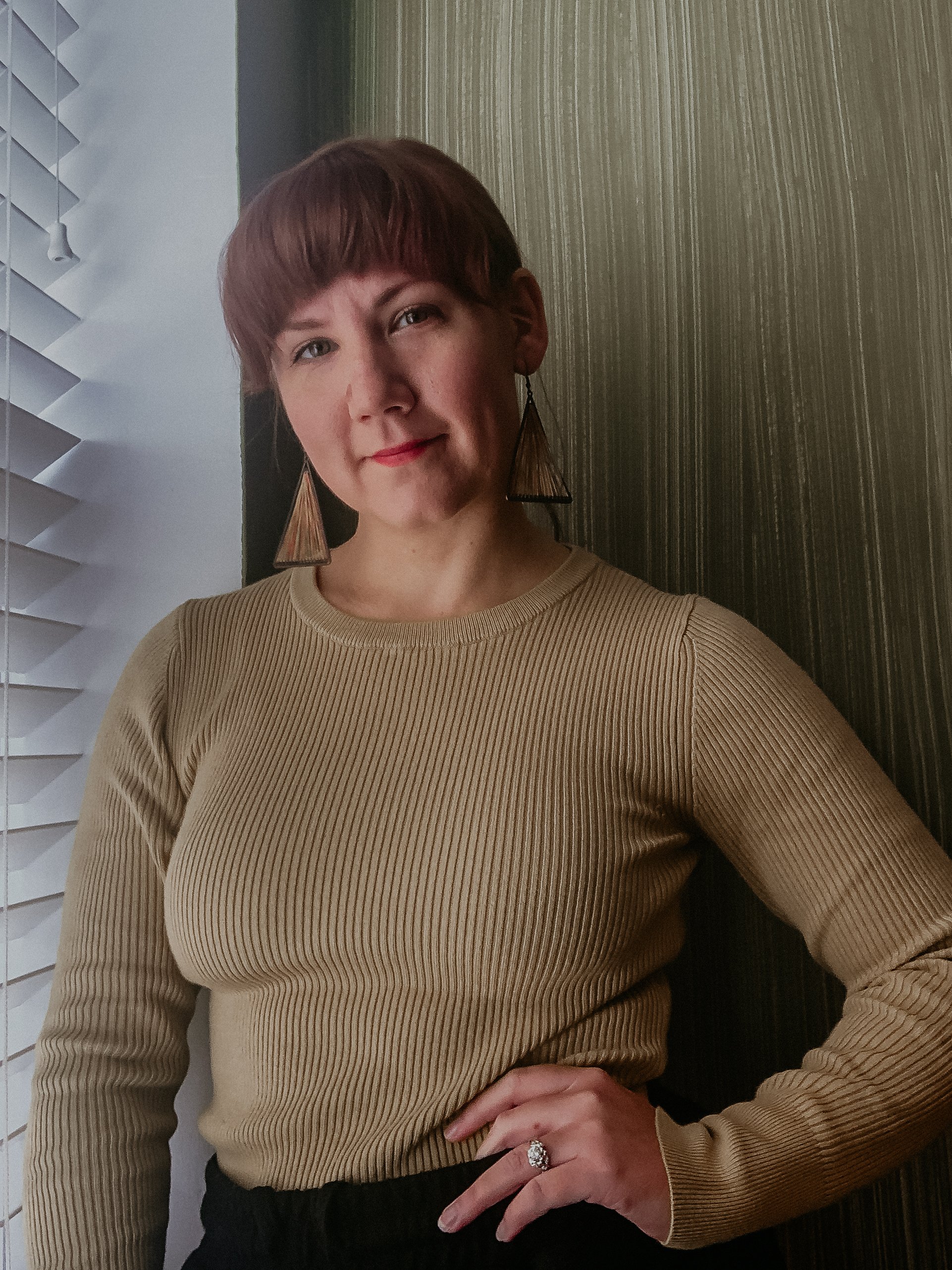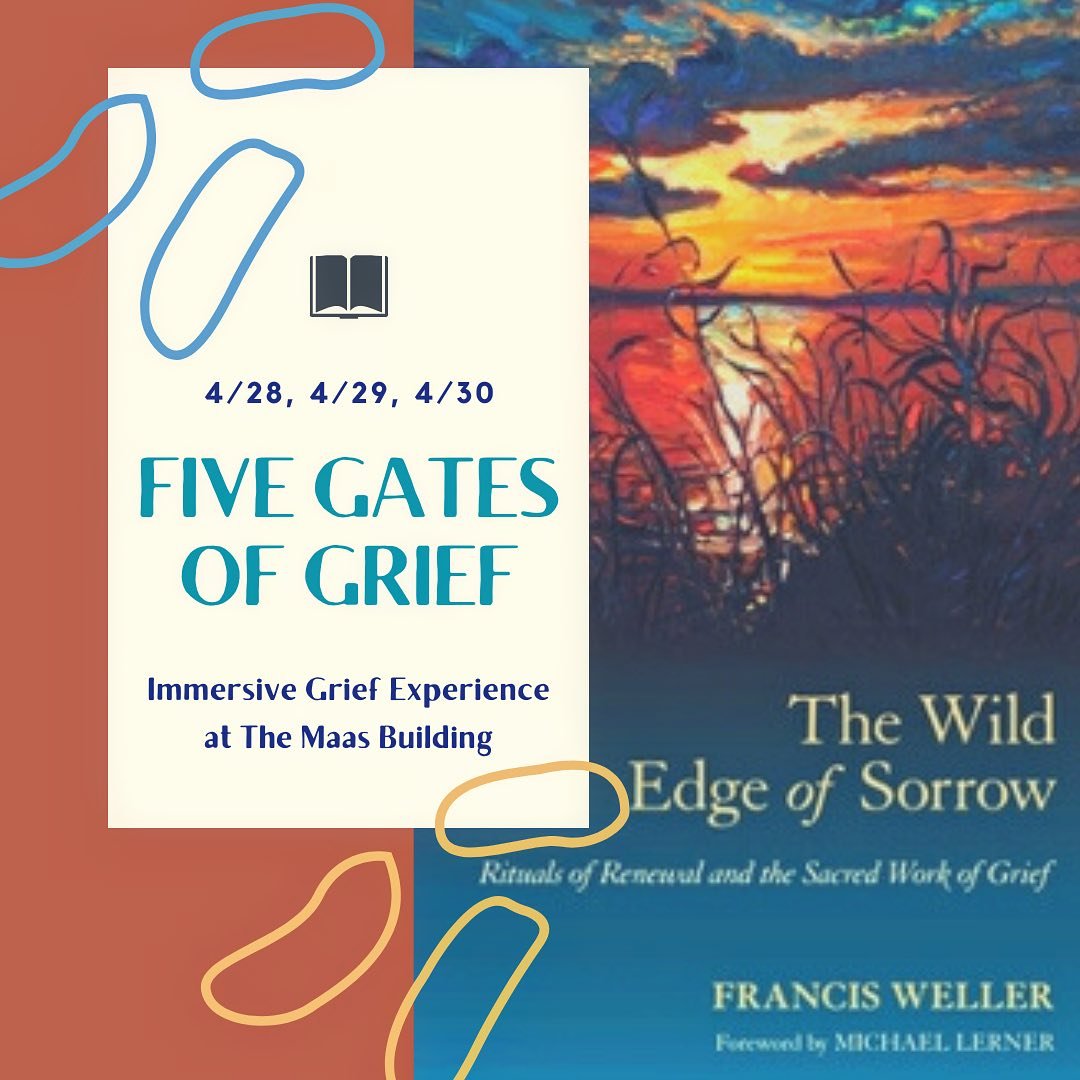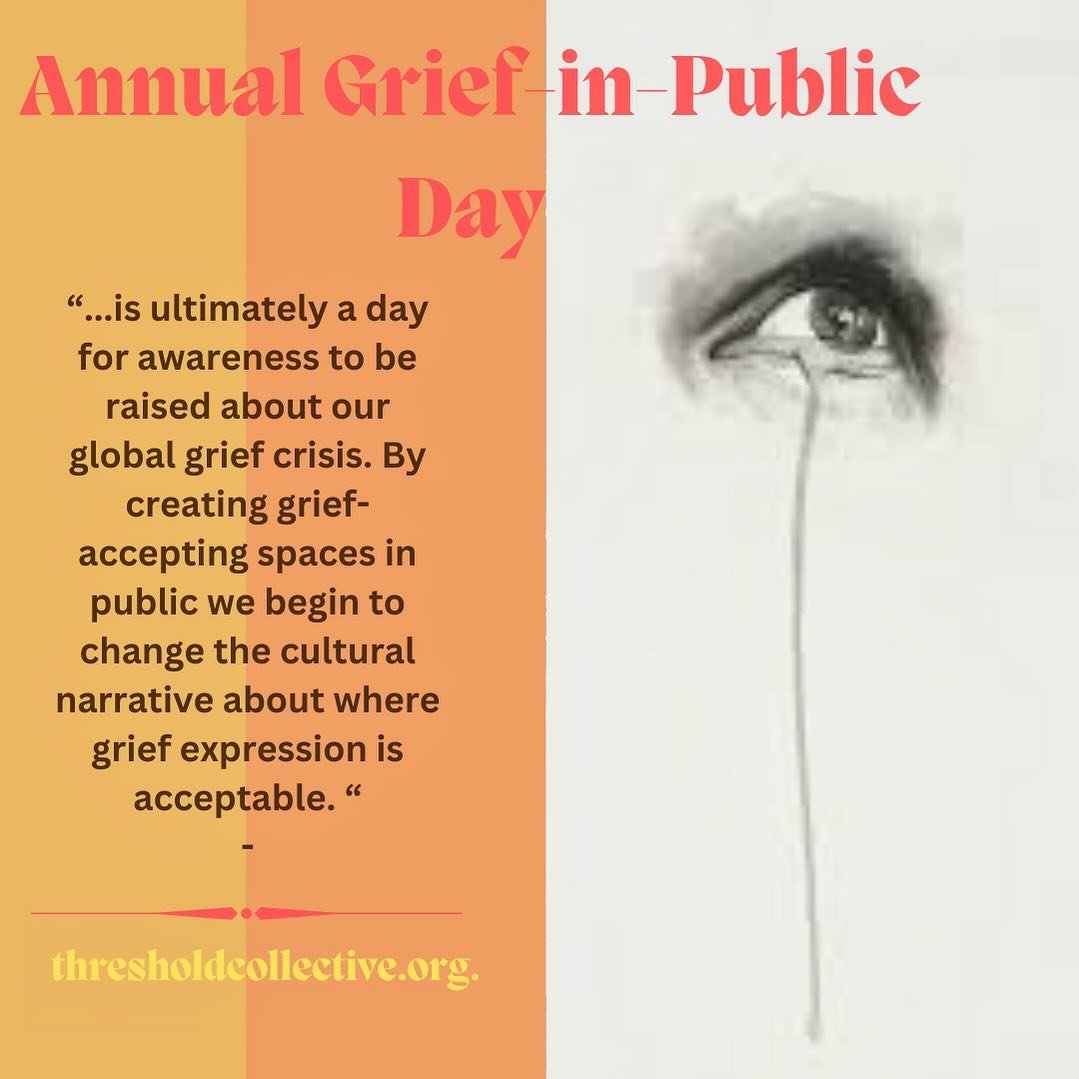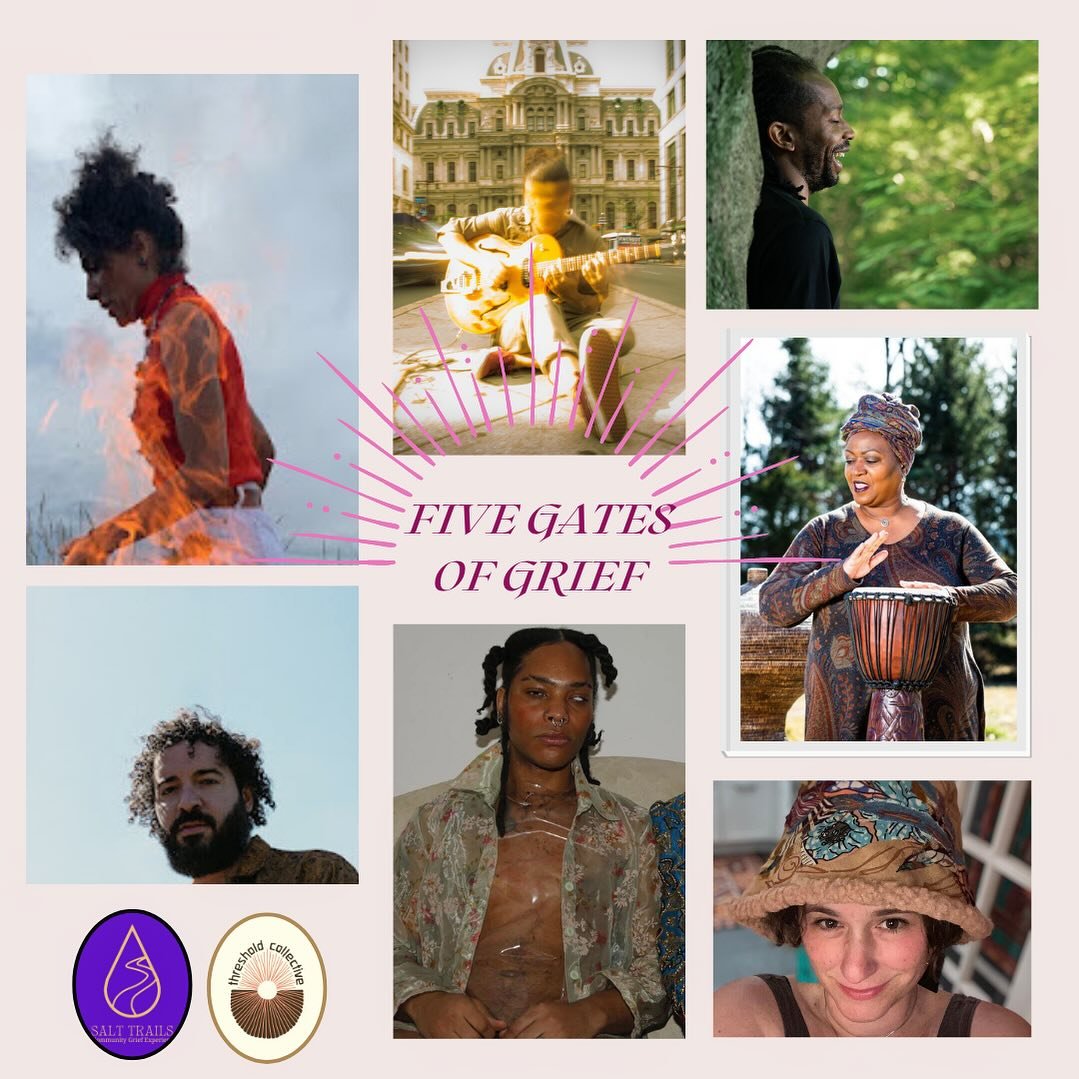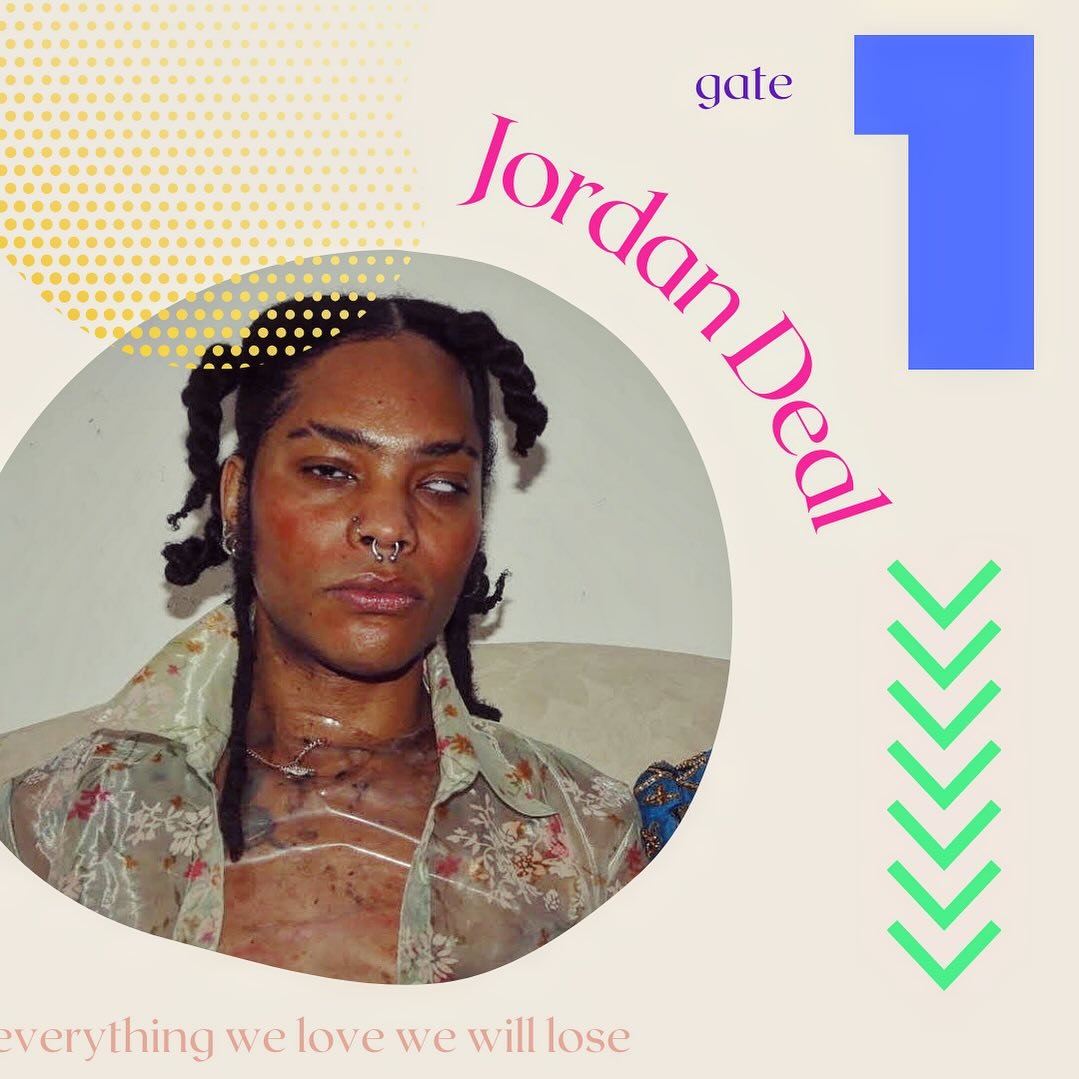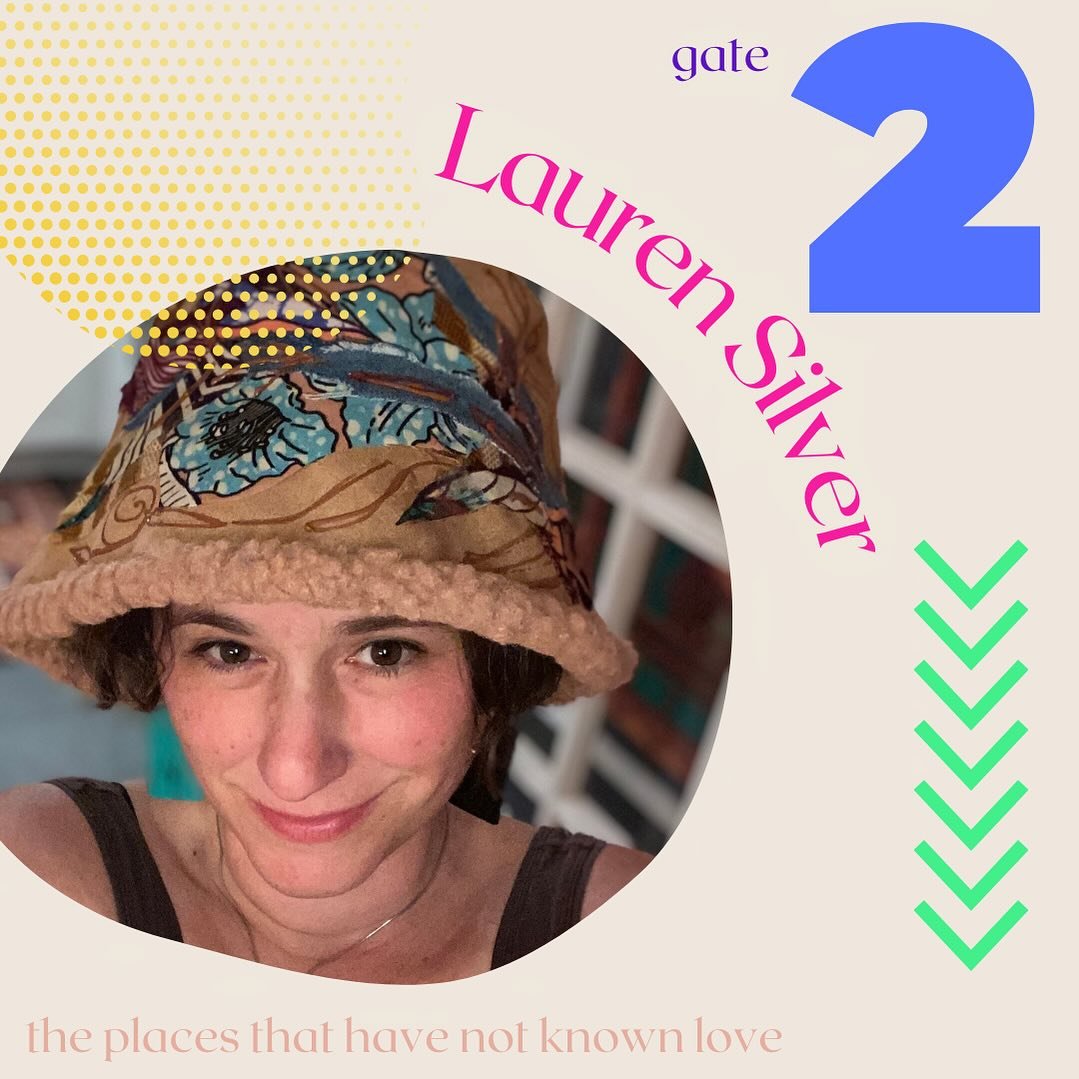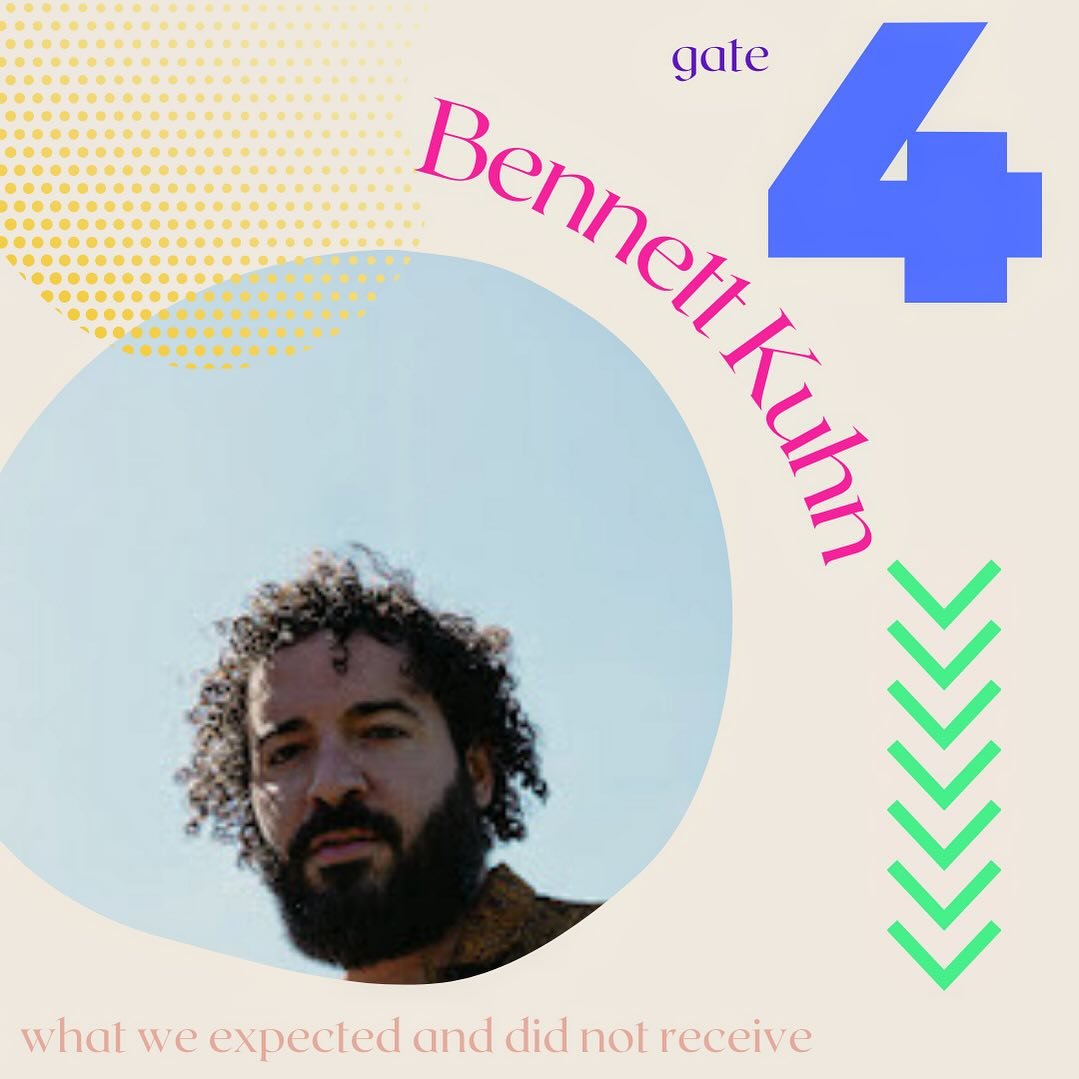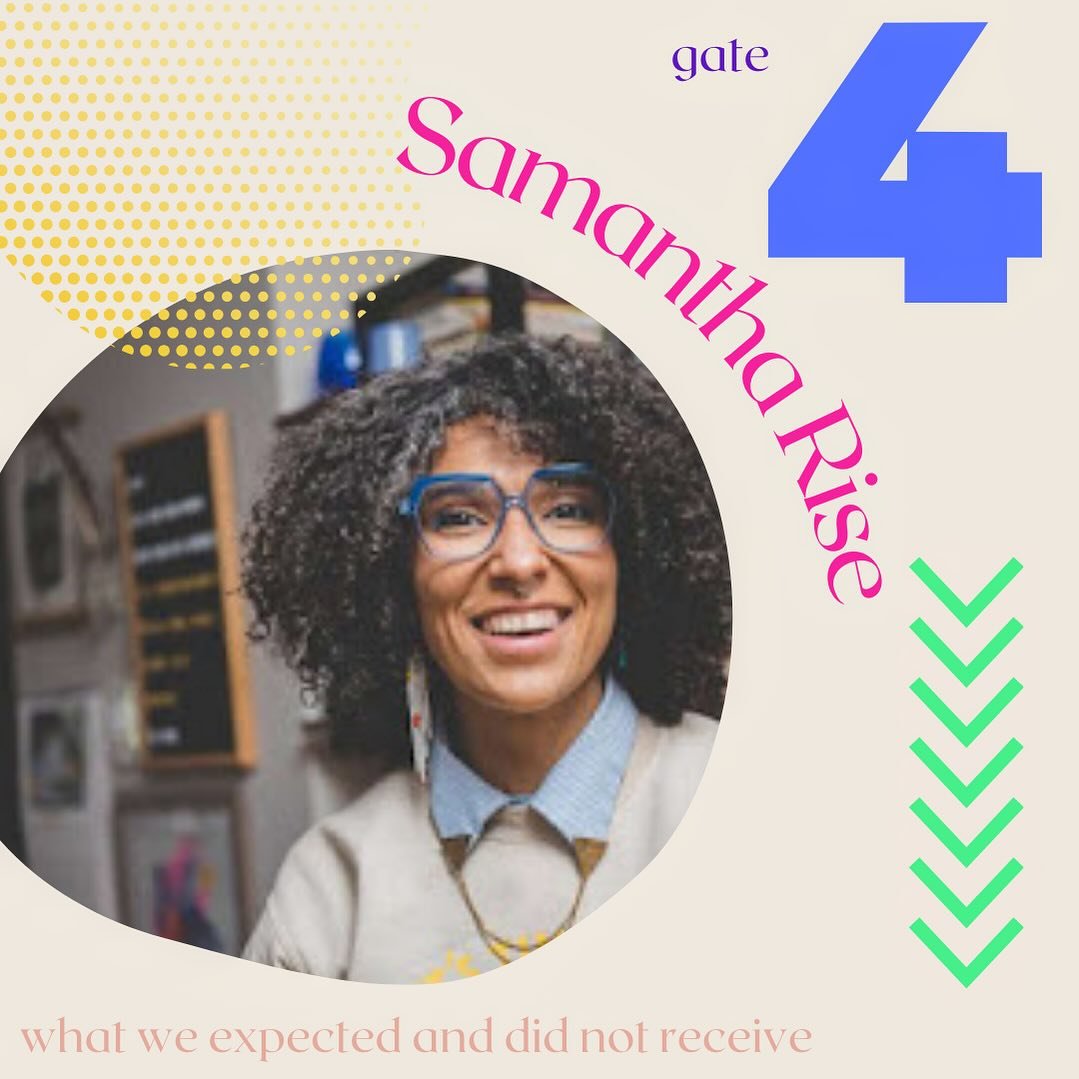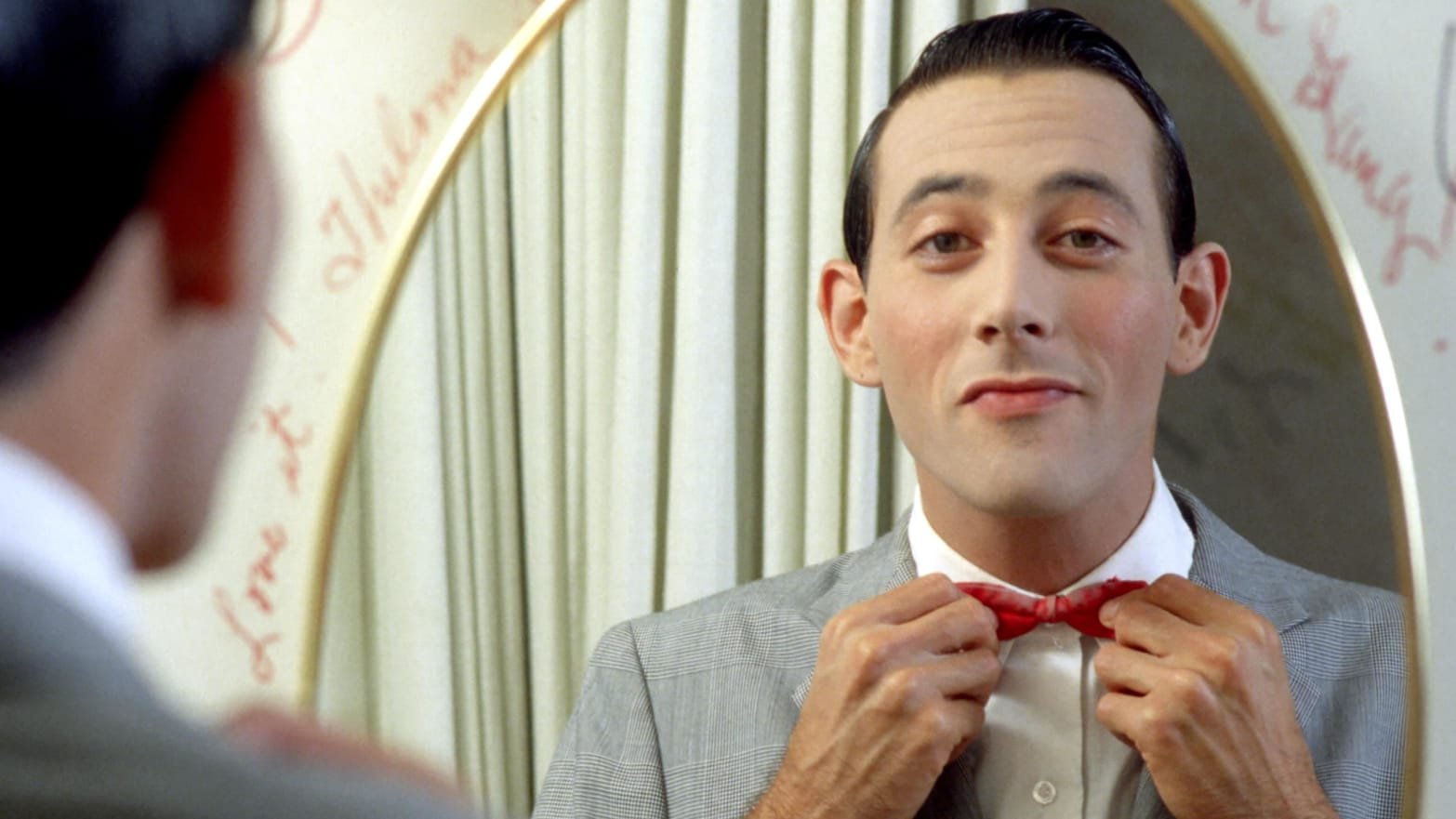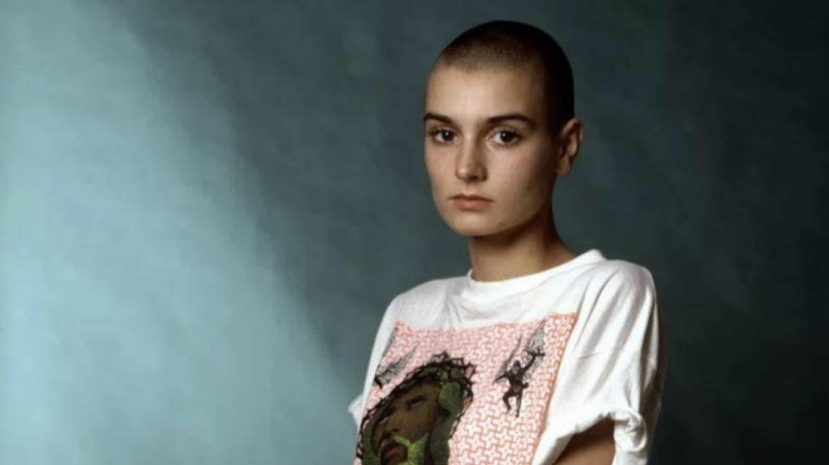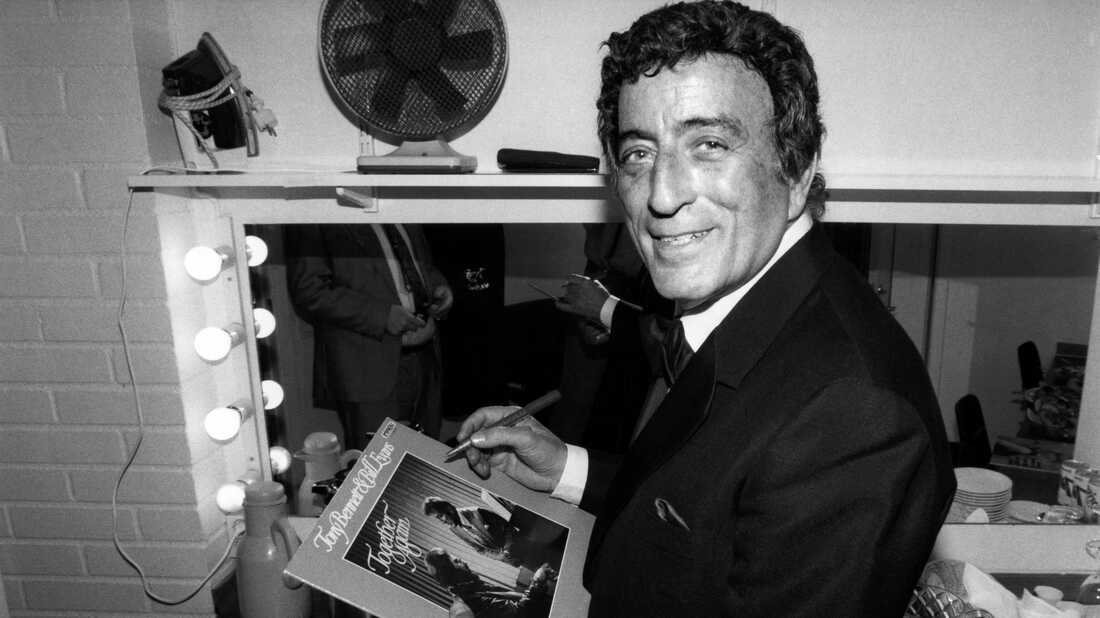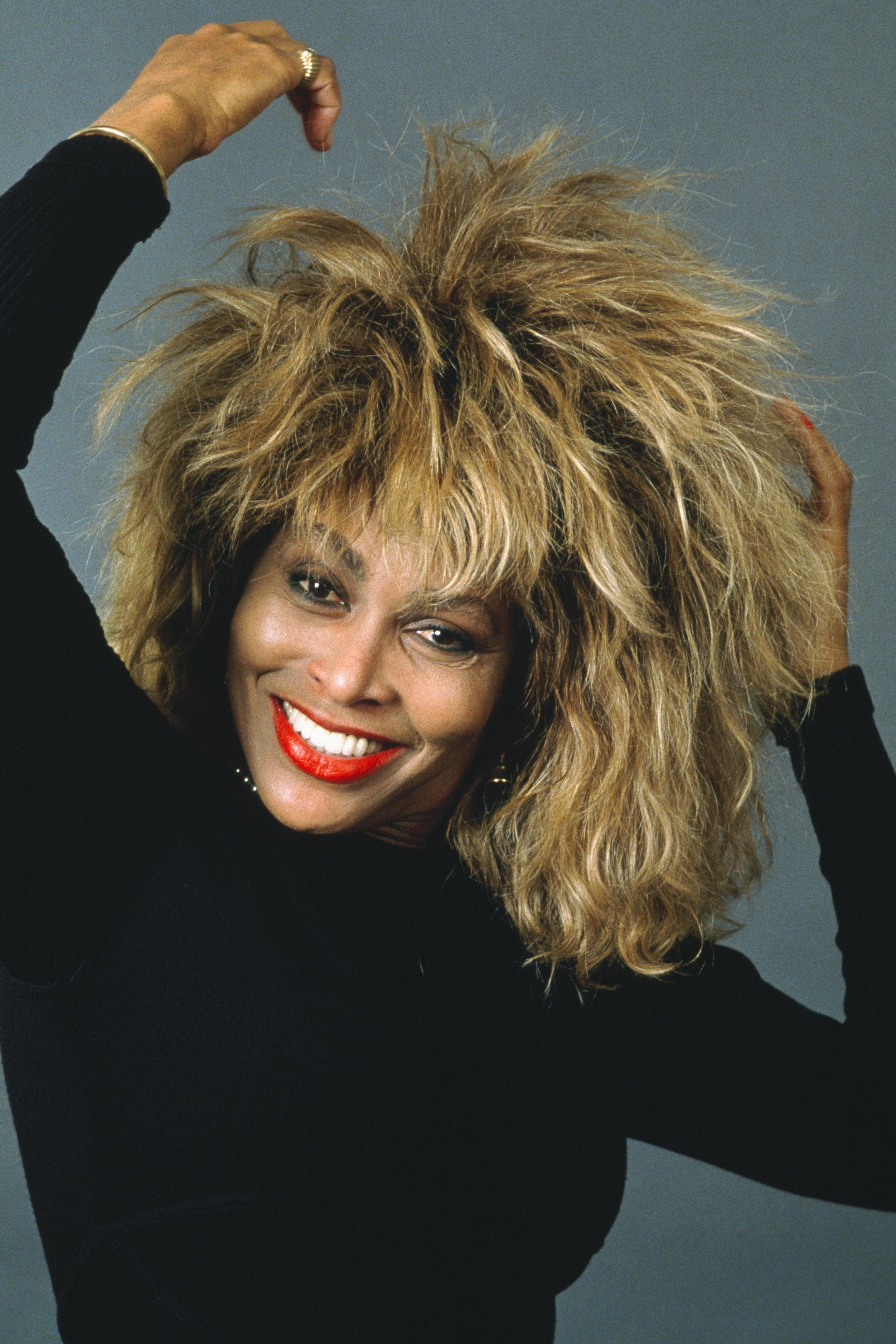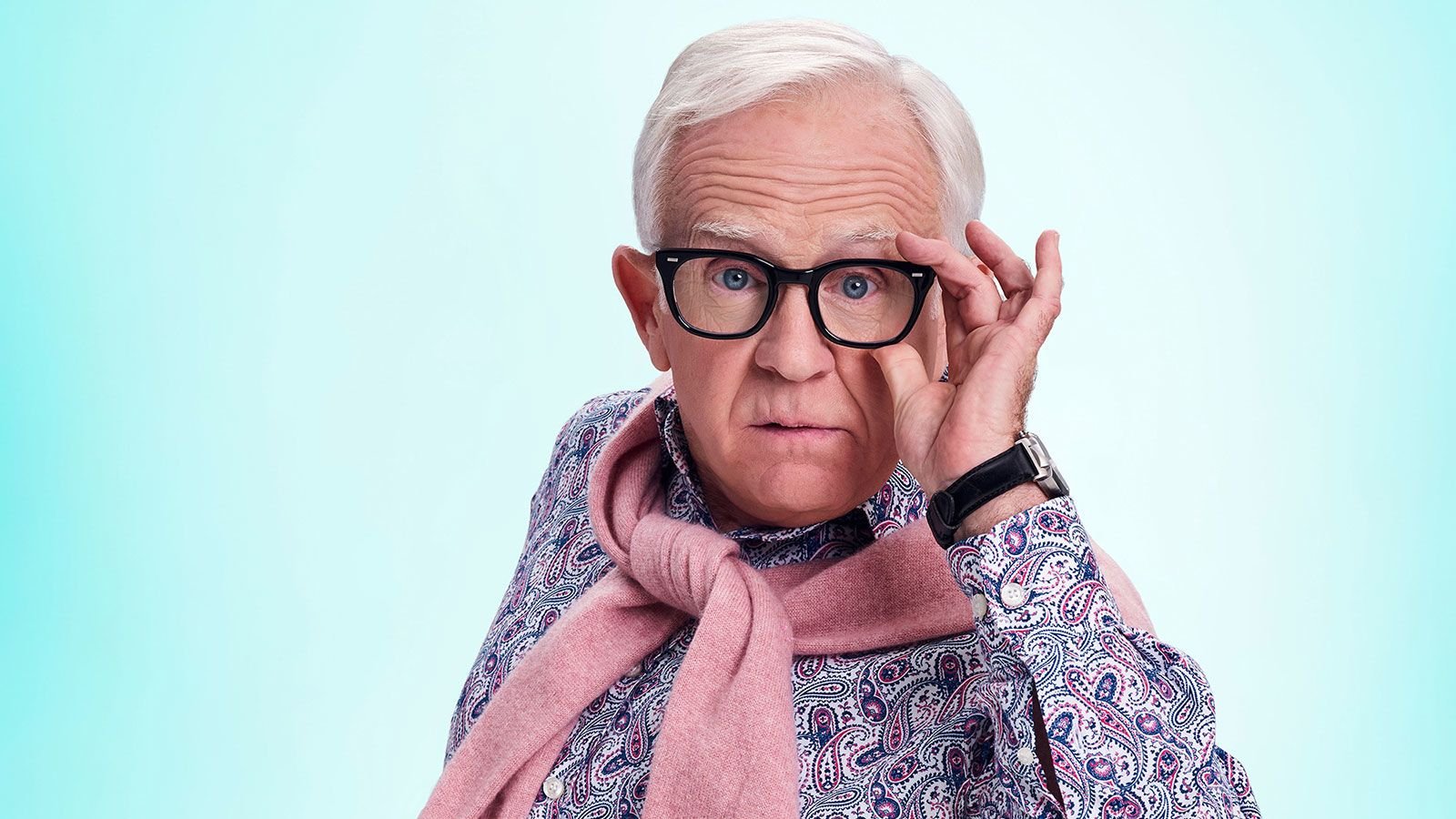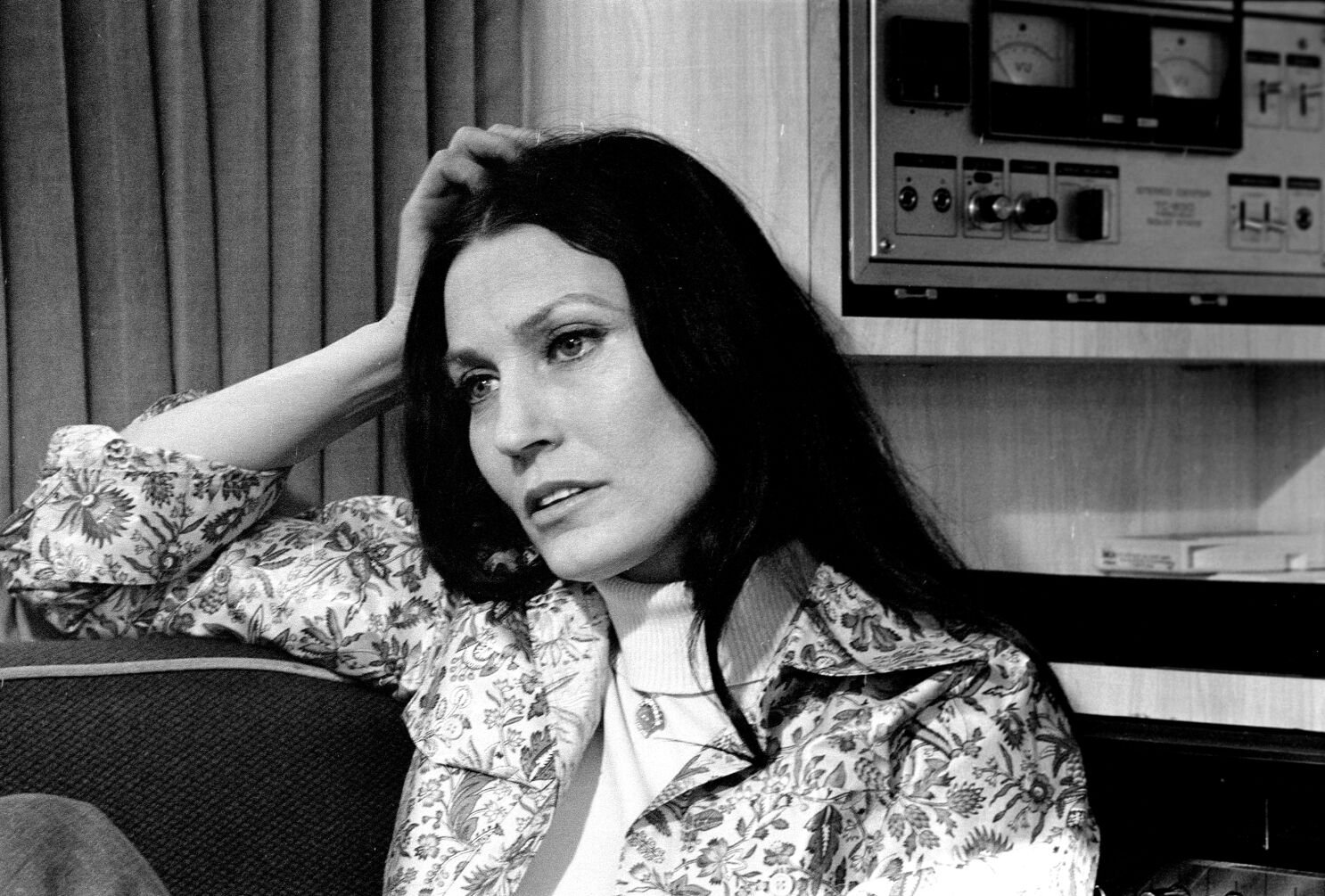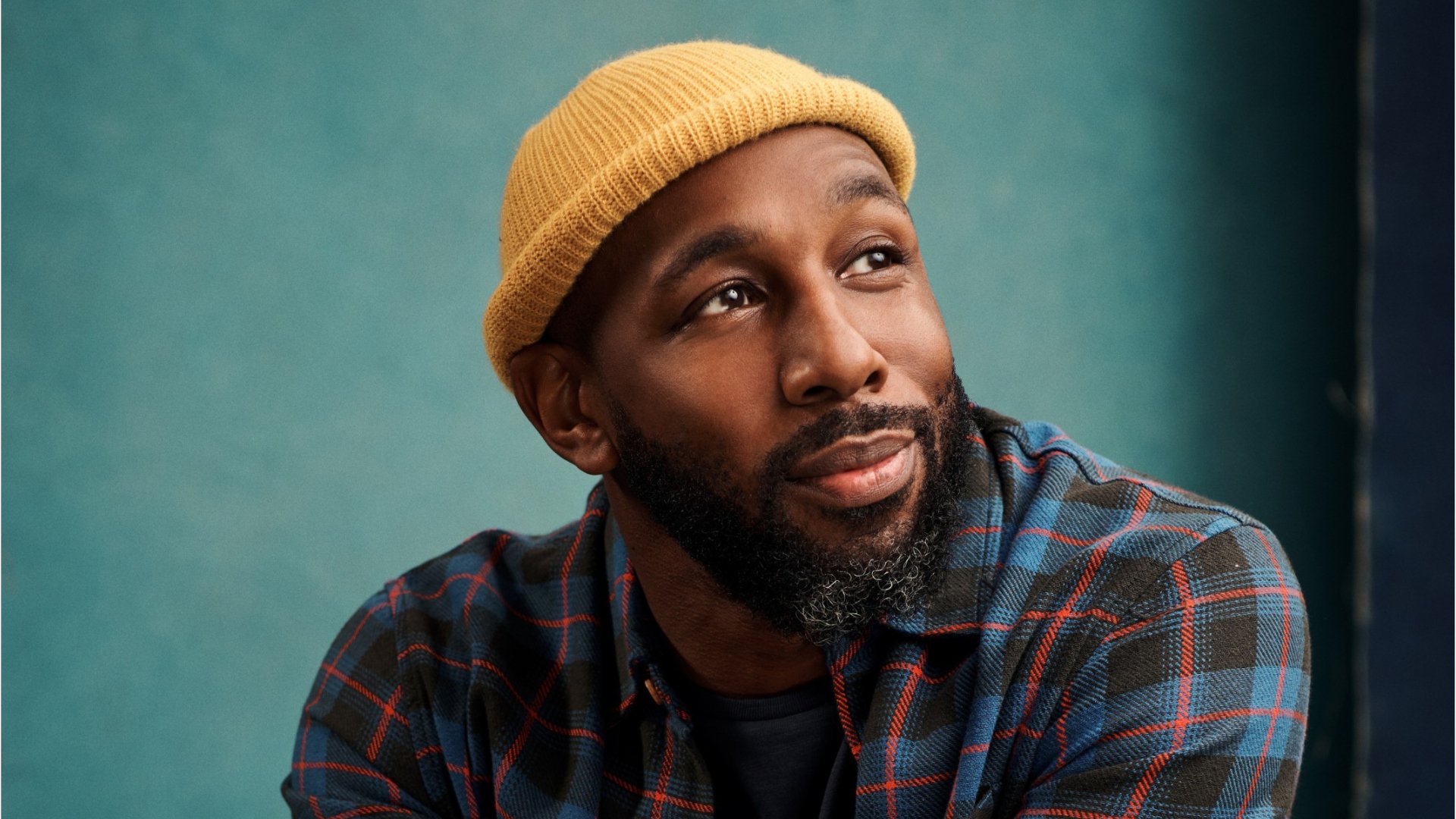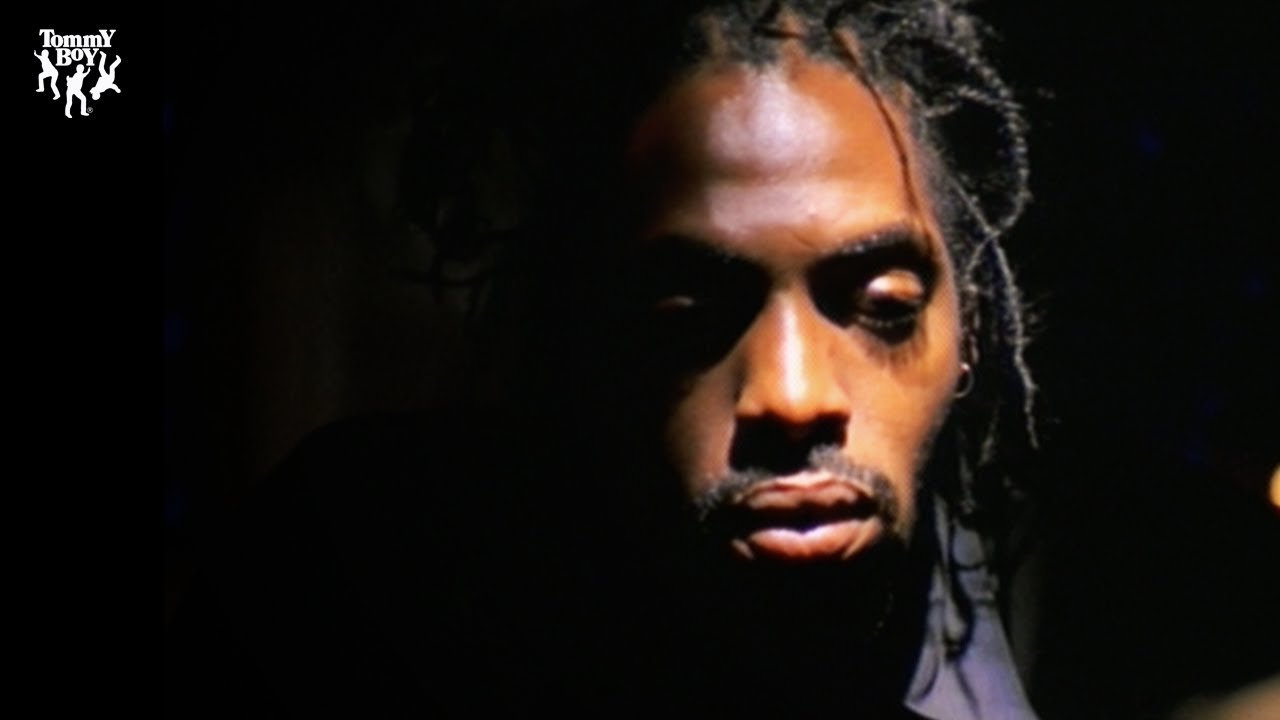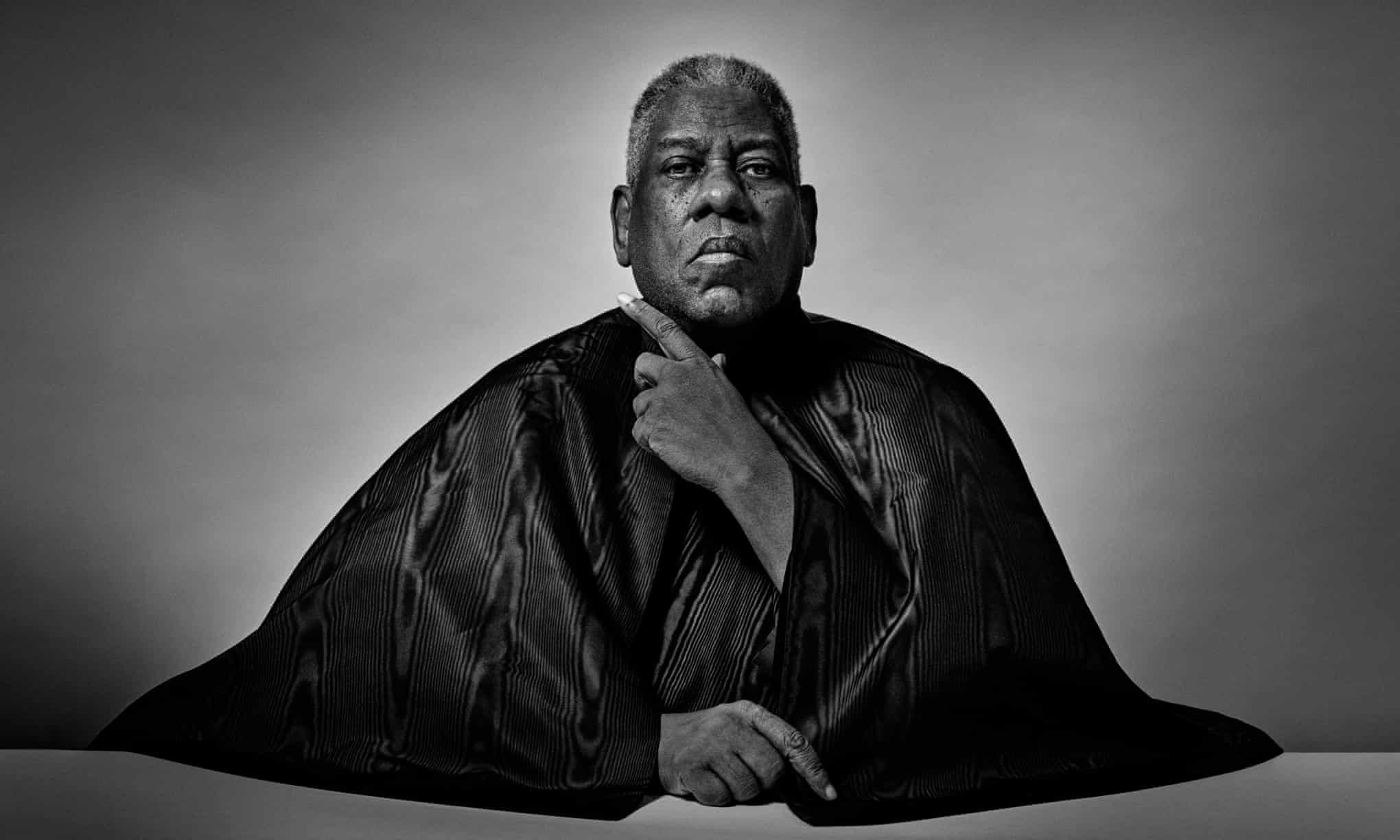Announcement
Change is an inevitable part of life and with it comes the opportunity for growth, renewal, and new beginnings. As we step into 2025, we are embracing a significant transition within the PDDC organization. Beginning in March, Elle (Lori) and Nicki will be stepping down from their roles in the Collective. The future of PDDC is now in the capable hands of Kai Wonder, and we cannot wait to see what they will dream up.
This transition comes as a natural response to myriad changes in our respective lives. It has been made thoughtfully and with deep love, hope, and the warmest of wishes for what comes next. We are incredibly proud of what we have built together and are honored to pass the torch to someone as passionate and visionary as Kai.
For those who have followed Elle’s work in content creation and social media, there will be some changes ahead. They will be continuing to explore their relationship with these spaces, and as a result, our existing Instagram account will be renamed. You can continue to monitor those accounts for details on this shift and how you can stay connected with both Elle’s work and, separately, the future of PDDC. We will be linking each other consistently so that the delineation is clear.
We also want to take a moment to acknowledge the ways in which this transition process has impacted our responsiveness. We recognize that we haven’t always been the most timely in managing communications, answering emails, or responding to inquiries during this period of decision-making. If this has affected you, we sincerely apologize. Please know that we deeply appreciate your patience, your support, and your continued presence in this space. You matter to us, and we value the relationships we have built here.
Amidst all of this change, one thing remains constant: our commitment to liberatory work and to all of you who have been part of our journey. There is excitement and joy in this transition, and we hope that comes through in our announcement today. We are grateful for each and every one of you — for your support, your solidarity, and your willingness to walk this path with us as we all navigate an ever-changing world.
Thank you for everything. We look forward to continuing the fight.
With love and gratitude,
Elle, Nicki, & Kai
Product review: Anchored deck by Margeaux Feldman
In the realm of card decks designed to attend to mental health, the Anchored Card Deck by Margeaux Feldman stands out as a unique and deeply personal tool. This deck, born from Feldman's own healing journey through complex trauma and chronic illness, serves as an anchor in turbulent waters, offering grounding in moments of emotional distress and beyond. I am admittedly a fan of Feldman’s online work (calling it a meme account doesn’t quite cut it), having followed their Instagram for several years — and if you follow me on IG, you’ve probably seen them reposted. I enjoy the way their personal experiences melt with clinical guidance they have learned in their own healing, and I find their work accessible and impactful.
A Journey to Grounding
Feldman explains that the concept of grounding—moving out of nervous system activation states like fight, flight, freeze, and submit by feeling the ground beneath us—was often inaccessible to her. Instead, she found solace in the metaphor of an "anchor," a symbol that resonated more with her personal experiences and astrological makeup. This shift in language and perspective is a testament to Feldman’s approach to trauma healing, recognizing that traditional methods may not work for everyone and that personalization is key.
The Deck’s Structure
The Anchored Card Deck comprises 75 beautifully designed collagd cards, each serving as its own anchor suggestion. These cards can be used in moments of dysregulation, before significant life events, or simply as a daily guiding force. The accompanying 198-page interactive PDF guidebook offers deeper insights into each card's meaning, written from a trauma-informed, social-justice perspective, and includes practical exercises to help users embody and integrate the card's message.
Representation and Inclusivity
Feldman's journey in creating the deck was not without its challenges, particularly regarding representation. Initially, the cards predominantly featured white, presumably able-bodied individuals. After introspection and consultation with friends and community members, Feldman remade 23 of the cards to include more diverse images. This decision, though fraught with uncertainty, reflects a commitment to inclusivity and responsibility. Feldman also addresses the ethical complexities of profiting from the deck by redistributing 5% of profits to mutual aid calls from Black, Indigenous, and people of color.
Practical Application
For therapists and individuals alike, the Anchored deck offers practical tools for emotional regulation and grounding. The cards can be used in a variety of settings, from clinical environments to personal daily routines to tarot-like spreads. By pulling a card and reflecting on its message and suggested practice, users can try to access a moment of calm and clarity amidst the chaos.
Final Thoughts
The Anchored Card Deck is an intuitive, flexible, and powerful resource. Its beauty lies not only in its design but also in the thoughtful, trauma-informed approach that Feldman brings to each card. This deck is not just a product; it’s a companion for those navigating the often-turbulent waters of trauma and chronic illness.
In the world of grief and trauma therapy, tools like the Anchored Card Deck are invaluable. They offer new pathways to healing, grounded in personal experience and enhanced by a commitment to inclusivity and social justice. For anyone looking to explore new methods of grounding and emotional regulation, this deck is a worthy addition to their toolkit.
As always, these cards were purchased by me for my own personal and professional exploration. I was not compensated for this review in any way and I have no connection to the creator. If you have a product that you’re curious about and would like me to review, please feel free to message me!
Do you have this deck? What are your thoughts?
Product review: Somatic Therapy Exercise Cards
As a therapist, I'm always on the lookout for practical and effective tools to aid my clients in their healing. The Somatic Therapy Exercise Cards by Horia Kadi have proven to be a useful addition to my therapeutic arsenal. These cards, priced at $32 for a set of 34, offer a fair and accessible resource for both therapists and clients. I don’t know anything about Horia Kadi and their website doesn’t include an “about” section. They appear to be located in the U.S., but truly, these could have come from anywhere. I was effectively marketed to with an Instagram ad. So with that caveat…
Practicality and Flexibility
One of the standout features of these cards is their practicality. Each card is thoughtfully crafted to guide users through somatic exercises designed to address the vagus nerve, promoting relaxation and emotional regulation. The exercises range from deep breathing techniques to gentle stretches and mindfulness practices, a holistic approach to managing anxiety and processing trauma. The flexibility of a card deck allows clients to keep them nearby and access interventions as needed, ensuring that the tools are always close at hand.
Pleasant Design
The design of the Somatic Therapy Exercise Cards is both aesthetically pleasing and functional. The cards are easy to read and follow, with clear instructions and visuals that enhance the user experience. The cards are inviting to use, which is important for folks who may be feeling overwhelmed or anxious. By engaging with these cards, clients can establish a deeper connection with their body and emotions, nurturing resilience and well-being.
Usefulness for Trauma and Regulation
Somatic techniques are a powerful modality for addressing trauma and aiding in emotional regulation. Trauma is often manifested through the nervous system, and tending to the vagus nerve plays a crucial role in promoting relaxation and healing. The Somatic Therapy Exercise Cards can be a buoying resource for self-work or between therapy sessions for understanding and befriending one’s nervous system.
Transformative Potential
Though they didn’t invent any of the exercises, Horia Kadi has designed a tool that not only supports individuals where they are at but also empowers them to take control of their emotional well-being. Each card serves as a powerful reminder of the healing potential within the body, guiding users towards emotional empowerment and resilience.
In summary, the Somatic Therapy Exercise Cards by Horia Kadi are a practical, flexible, and beautifully designed tool for both therapists and clients. Their focus on somatic healing and the vagus nerve offers a helpful approach to managing anxiety, grief, and trauma, as well as learning about one’s self. At $32, the set of 34 cards is a fair investment in one's emotional health and well-being.
As always, I purchased these cards of my own accord with my own money and I was not paid to review them. Take a look and decide for yourself if you might find them useful! Are there other tools that you’re curious about? Send me an email with a link and I’ll check them out.
Journaling prompts for resentment
“Resentment is like taking poison and waiting for the other person to die.” — Malachy McCourt
What did this resentment teach me? How will forgiveness help me? Or not help me?
What triggered this feeling? Explore the underlying emotions and thoughts that contributed to your sense of resentment. How did it manifest in your thoughts, feelings, and behaviors?
Was my expectation too rigid towards the person who created the resentment?
Think back to a time in your past when you experienced a significant conflict or betrayal that left you feeling resentful. What were the circumstances surrounding this event? How did you cope with the resentment at the time? Reflect on how this experience may still be impacting your emotions and relationships today.
Consider any recurring patterns or themes in your life that evoke feelings of resentment. Are there certain people, situations, or expectations that consistently trigger this emotion? Reflect on potential strategies for addressing and resolving these underlying issues to cultivate a greater sense of peace and forgiveness.
Am I present?
What does “letting go” mean to me? The words “letting go” make me think… and make me feel… In what ways is letting go similar to giving up, and in what ways is it different to me? When I finally be able to let go of the most difficult thing, person, place, idea, or dream I’ve had to let go of, I feel…
What does your anger tell you about your life? What does it tell you about yourself? Write a conversation with your anger. Ask it why it exists and what positive action it wants you to take to feel better. Write several concrete steps you can take, along with how you will accomplish them.
Returning to routine with compassion and care
Grief is an intricate and overwhelming experience, one that often disrupts the rhythm of our everyday lives. As we navigate the emotions that accompany loss, returning to routine can feel impossible. Whether it's the mundane tasks of daily life or the weight of responsibilities, the journey of grief can make even the simplest of activities seem daunting.
It's important to recognize that the process of grief is not linear; it ebbs and flows, and there is no right or wrong way to navigate it. However, there are strategies that can help make the journey a little bit easier.
First and foremost, it's crucial to be gentle with yourself. Give yourself permission to grieve and acknowledge that it's okay to not feel okay. Allow yourself the time and space to process your emotions without judgment. Remember, healing takes time, and it's important to honor your own timeline.
One of the biggest challenges of returning to routine while grieving is managing stress. The demands of daily life can feel overwhelming, but it's essential to prioritize self-care. Make sure to carve out time for activities that bring you joy and provide a sense of comfort. Whether it's going for a walk in nature, practicing mindfulness and meditation, or engaging in creative outlets, find what works best for you and make it a priority.
Additionally, don't hesitate to ask for support when you need it. Lean on friends, family, or a support group who can offer a listening ear and a shoulder to lean on. Seeking professional help from a grief therapist (like me!) can also provide valuable guidance and support as you navigate this difficult journey.
Finally, be patient with yourself as you adjust to a new normal that you likely didn’t choose. Remember that grief is a deeply personal experience, and there is no right or wrong way to grieve. Allow yourself the grace to take each day as it comes and to find moments of peace and healing amidst the pain.
Returning to routine while grieving is undoubtedly challenging, but with patience, self-compassion, and support, it is possible to find a sense of balance and peace in the midst of sorrow. Remember, you are not alone on this journey, and there is hope for healing and renewal ahead.
Further reading:
Journal prompts for exploring your personal values
Write about your future self in the present tense, as in, “I am a teacher, I have two dogs, and I own a home full of thriving houseplants.” Paint a picture of your life that is both realistic and optimistic. Don’t focus too much on perfection; let your creativity bring clarity like you’re watching a Polaroid develop. What do you see around you? Who is with you? What are you doing?
Reflect on a time when you felt truly fulfilled and aligned with your deepest sense of purpose. What values were you honoring in that moment, and how did they contribute to your sense of fulfillment?
Write about your favorite movie, show, book, or album. Why does it stick in your heart and mind? Is your experience connected to an important memory of a person or place? Are you inspired or motivated by the words it contains? Do you feel soothed or validated by it?
Think about someone you deeply admire or look up to. What qualities or values do they embody that resonate with you? How can you incorporate those values into your own life?
Consider a challenging situation you've faced recently. What values did you rely on to guide your actions and decisions during that time? Did your actions align with your core values? If not, what adjustments can you make to better honor your values in similar situations in the future?
Imagine your ideal life five years from now. What values are central to that vision? How can you begin living in alignment with those values today to create the life you desire?
Describe yourself as a plant. Are you lush and boisterous? Are you short and spiky? Do you need constant watering, or maybe you thrive in arid environments? Are you tender and blooming, or hardy and perennial? What colors are your flowers, and how do they make you feel? Don’t get too caught up in imagining the kind of plant you feel like you should be. Focus on the type of plant you believe you are, or that you want to grow into.
Take a moment to explore any conflicts or tensions you're currently experiencing in your life. Which values feel compromised or neglected in these situations? How can you realign your actions and choices with your core values to bring greater harmony and authenticity into your life?
The healing power of connection
Grief is a journey that no one should have to navigate alone. In times of loss and sorrow, the presence of a supportive network of friends, family, and peers can make all the difference in the world. As a grief therapist, I've witnessed firsthand the profound impact that social support can have on the healing process. In this blog post, we'll explore the role of social support in the grieving process and provide guidance for building and nurturing a supportive network.
Understanding the Importance of Social Support
Social support serves as a lifeline for those grappling with grief, offering comfort, validation, and a sense of belonging during one of life's most challenging experiences. Whether it's a shoulder to cry on, a listening ear, or a comforting embrace, the presence of supportive individuals can provide much-needed solace and strength in the face of loss.
Research has shown that social support can have a myriad of positive effects on the grieving process, including:
1. Reducing Feelings of Isolation: Grief can be an incredibly isolating experience, leaving individuals feeling alone in their pain. A supportive network helps combat this isolation by providing companionship and understanding, reminding the grieving individual that they are not alone in their journey.
2. Validating Emotions: One of the most powerful aspects of social support is its ability to validate the grieving individual's emotions. Being surrounded by people who acknowledge and validate their feelings of sadness, anger, and despair can help ease the burden of grief and promote emotional healing.
3. Offering Practical Assistance: From helping with daily tasks to providing a listening ear, supportive friends and family members can offer practical assistance that lightens the load for the grieving individual. Whether it's cooking a meal, running errands, or simply being there to lend a hand, these acts of kindness can make a world of difference.
4. Providing a Sense of Normalcy: In the aftermath of loss, life can feel chaotic and uncertain. A supportive network can provide a sense of normalcy and routine, offering stability and continuity during a time of upheaval.
Building and Nurturing a Supportive Network
Building and nurturing a supportive network is essential for anyone navigating grief. Here are some tips for cultivating meaningful connections and fostering a supportive community:
1. Reach Out: Don't be afraid to reach out to friends, family, and peers for support. Let them know how they can help and be specific about your needs.
2. Join a Support Group: Consider joining a grief support group where you can connect with others who are experiencing similar struggles. Sharing your journey with others who understand can provide invaluable support and validation.
3. Communicate Your Needs: Be open and honest with your loved ones about what you need from them during this time. Whether it's a listening ear, a hug, or practical assistance, communicating your needs can help ensure that you receive the support you require.
4. Set Boundaries: While social support is crucial, it's also important to set boundaries and prioritize self-care. Don't hesitate to let others know when you need time alone or when certain topics are off-limits for discussion.
5. Express Gratitude: Take the time to express gratitude to those who have supported you throughout your grief journey. Whether it's a heartfelt thank-you note or a simple expression of appreciation, acknowledging the kindness of others can strengthen your bonds and foster deeper connections.
Social support plays a vital role in the grieving process, offering comfort, validation, and companionship to those navigating loss. By building and nurturing a supportive network of friends, family, and peers, you can find solace and strength in the midst of grief's storms. Remember: you are not alone and there are people who care deeply about you and want to support you through your journey of healing.
What does professional organizing have to do with death care? Introducing HelloCollo
You might have noticed a new face on our collaborators page — consider this the official introduction as well as the saturation of my natural curiosity about aligned professionals. Join us as we answer the question in the title: how a professional organizer can be of service in the context of grief and death care. If you like what you read, be sure to check out their services (links at the end). Without further ado, Collo O’Brien of HelloCollo.
What life experiences and explorations brought you to professional organizing as a vocation?
Ever since I was young (for no specific reason), I’ve enjoyed rearranging furniture. Generally, I enjoy a change in scenery – experimenting with the various ways our environments influence our state of feeling and being. Working in an inpatient pharmacy setting for so many years has had a huge impact on my choice to organize professionally. Specifically, I’m drawn to the importance of how inventory is organized, and the workflow implemented to ensure safety measures are upheld. Witnessing the severity of how patients are affected by drugs stored inconveniently/incorrectly or the prolonged time it may take to prepare/dispense a medication gave me the perspective of how meaningful organization can be in a healthcare setting.
What kinds of clients do you like working with or are most drawn to?
I’m drawn to serve those who are responsible for the belongings left behind by someone close, and those who have been diagnosed with a progressive disease/physical life change that now requires a transformation of their space for better daily living. Also those who have lost a job, going through a divorce or separation, experiencing the rehabilitation of a traumatic event…
Honestly, situations where grief is the headlining contributor to the difficulty in navigating our “things.”
What guidance would you give people starting their decluttering or 'death cleaning' journey?
It depends on the motivation behind your ‘why‘ for beginning this journey to declutter/downsize. Yes there’s space for questions of utility and practicality – but many times decluttering is an emotional process. I think this is where I utilize my desire to continue grief work (in life) and in organizing sessions. There’s an opportunity to make space and take time to grieve through these objects and really get curious around how your life would be changed without them. So give yourself permission to remember and/or honor the meaning you (or those who have passed) have assigned to the objects. And maybe take a little something from Marie Kondo and thank the objects for their purpose served.
If it’s important that items find a specific home as you let them go then do the research (or hire help) to identify organizations that devote their purpose to your chosen population. If this isn’t the case, I’d still suggest donating what is possible versus trashing items.
Who or what inspires you most in your work?
Charlene Lam. She’s a grief coach/speaker, and the curator of The Grief Gallery. She’s found a meaningful medium to grieve through art and design by showcasing the belongings of those who have passed at galleries and exhibitions. Also Joanne Zerdy & Will Daddario of Inviting Abundance. They’ve been an amazing source of support and influence for my own grief journey, and how I can better serve my clients. They’re also artists that believe in the multitude of ways in which one (and all) can grieve collectively through art as experience. So, I’ve found comfort in finding this ongoing connection of art, grief, impermanence and transition.
What is a common myth or belief about professional organizing that you'd like to dispel in the world?
You can hire an organizer to Pinterest your Pantry all you want, but I’ve found this process is anything but surface level. The reasons why we choose to store our items the way we do, or neglect them, or avoid them, put care into some versus others – all shines a light on a piece of ourselves. What is the deeply rooted element that needs to be addressed, discussed, worked through in order for a sense of confidence and healing to take place so that organization can be restored?
Is there something seemingly unrelated to organizing that you always find links to the work in some way?
My movement artist background and love for improvisation.
The fleeting moment that is dance and the (at times) non-committal, unattached practice of improvisation. I notice often in sessions how permanent some thoughts are around our objects or how we relate to our space. That there’s absolutely no possible way that this one thing couldn’t live somewhere else in the room/house. With improvisation I get to identify what may or may not be true about myself, my habits, or my capabilities. I often find new possibilities and get curious instead of reminding myself there is only one option/one answer.
What do you wish everyone knew or could know about 'stuff' or possessions?
Less of a “known” and more of an offering-
The needs are in YOU not the THING.
More about Collo:
Collo specializes in providing organizing services with a compassionate touch. Ideal for those experiencing a significant life transition or loss, I support clients by holding space for their grief during our sessions. Although the act of organizing is a task based practice; be it decluttering, sorting, discarding or implementing a new system, this practice may provoke a wide spectrum of emotions and memories that often invite an opportunity to be vulnerable and work through whatever feelings emerge.
Collo has completed the Grief Immersion for Death Workers Course Facilitated by Will Daddario, PhD and Joanne Zerdy, PhD of Inviting Abundance, and continually investigates how to best serve clients experiencing grief within our work together. With almost two decades of experience in healthcare and a lush background in movement arts, I approach this work with creativity, empathy, and patience.
For more: www.hellocollo.com and on Instagram. You can also find Collo on our collaborators page.
Nurturing yourself through grief
Grief is a complicated and personal journey that touches every aspect of our being. Whether we're mourning the loss of a loved one, a job, a relationship, or a dream, navigating grief can feel like traversing a tumultuous sea with no end in sight. In the midst of this storm, it's easy to forget about ourselves, to neglect our own needs as we struggle to cope with the overwhelming emotions that accompany loss. Yet, it's precisely during these times of hardship that practicing self-compassion and self-care becomes not just important, but essential.
As a grief therapist, I've witnessed firsthand the transformative power of self-compassion in the healing process. It's the gentle reminder that it's okay not to be okay, that our feelings of sadness, anger, and despair are valid and deserving of acknowledgment. Self-compassion is about treating ourselves with the same kindness and understanding that we would offer to a dear friend in pain. It's about embracing our humanity, flaws and all, and recognizing that we are worthy of love and compassion, especially in our darkest moments.
So how can we cultivate self-compassion amidst the turmoil of grief? Here are some practical tips to help you nurture yourself through the process:
1. Practice Mindfulness: Take time each day to tune into your thoughts and emotions without judgment. Mindfulness allows us to observe our feelings with curiosity and compassion, rather than getting swept away by them.
2. Be Kind to Yourself: Treat yourself with the same kindness and understanding that you would show to a friend. Acknowledge your pain and offer yourself words of comfort and encouragement.
3. Set Boundaries: Grieving can be emotionally and physically exhausting. Don't be afraid to say no to additional responsibilities or commitments that feel overwhelming. Protect your time and energy so you can focus on your healing journey.
4. Engage in Self-Care Activities: Make self-care a priority by engaging in activities that nourish your mind, body, and soul. Whether it's taking a warm bath, going for a walk in nature, or practicing yoga, find what brings you comfort and make time for it regularly.
5. Seek Support: Surround yourself with a strong support system of friends, family, or a therapist who can offer empathy, validation, and guidance.
6. Celebrate Small Victories: Even in the midst of grief, there are moments of lightness and joy. Take time to celebrate the small victories and moments of gratitude that arise along the way. Allow yourself to find moments of happiness amidst the sadness.
Remember, healing from grief is not a linear process. There will be good days and bad days, moments of progress and moments of regression. But by cultivating self-compassion and prioritizing self-care, you can navigate this journey with greater resilience and grace while accepting the messy moments with non-judgment. You are worthy of love and healing.
Product review: feel deal heal affirmation cards
The Feel Deal Heal affirmation cards were created by Tiffany Roe, a Licensed Clinical Therapist who also appears to be a marketing and social media whiz (as evidenced by the registered trademarks and hashtags #affirmationsarecool). They were marketed to me via Instagram and I’m a curious little monkey so of course I had to buy them! What drew me to these cards was the bright colors, simplicity, and kitschy designs. I enjoyed sharing them with my group of therapist friends for private reflection.
I don’t know anything about Roe beyond what I’ve shared here and I am not affiliated with her in any way. This product was not gifted, I purchased it on my own. But here is the rundown…
Who is this for? All ages could benefit so long as they can read or be read to. It might be a really cool way to help tweens and teens speak kindly to themselves! Perhaps especially great for someone who is looking for a daily ritual that they can revisit again and again, or someone who loves doing their daily tarot card pull. If Instagram mottos resonate with you, you might like this. That said, I do think that the cheese / cringe level is low with these and the quality of messages generally solid.
How much does it cost? A pretty reasonable $35. They come in a nice box and feel like medium-weight laminated cards. They could be bent by a determined kiddo, but they’re not going to be immediately destroyed by one spill.
What’s the point of this tool? affirmations can feel cheesy (or fantastic YMMV), but they’re pretty well validated evidence based practice. Sometimes we might not be ready to write or find our own affirmations — but we could be open to them being delivered by a neutral source like this deck! I could see certain resonant cards being tucked in to mirrors or places we’ll see them more frequently while others get cycled through.
Drawbacks? Everything is branded within an inch of its life. Roe’s name is on everything. I get why it is that way, but I still don’t love it.
Do I recommend them? In short, yeah! If you’re curious about affirmations or looking to integrate more supportive messaging in your life, to boost positive self-talk, these can be a helpful tool that would be accessible to most cost-wise. I can see myself returning to them over time as well, as many of the affirmations are truly evergreen.
Bring the ones you struggle with to session, I’d love to talk them over.
The five gates of grief & national grief-in-public day
Yes, yes, I know that I just wrote about another national XYZ day — but these are both very very good.
National Grief-In-Public Day 4/28
On this day of communal mourning, we acknowledge the global crisis of grief, magnified by atrocities such as genocide, environmental degradation, and the dismantling of oppressive systems like colonialism and capitalism. Despite these profound losses, there exists a pervasive denial of our collective sorrow. It is time to offer our communities an alternative path.
As a coalition of those who work with death, we cultivate transformative movements that challenge this denial. Through creating spaces of sanctuary and validation, we provide avenues for shared mourning. By joining our efforts, we have the potential to ignite a profound awakening to the reality of grief.
Here are some suggestions for activities on Annual Grief-in-Public Day:
Establish a station where individuals can pen their grief and attach their notes to a tree branch, allowing them to flutter in the breeze as symbols of remembrance.
Arrange a table adorned with tea light candles, inviting participants to light a candle in honor of their sorrow.
Place a bell on display with a sign prompting individuals to ring it upon recognizing our collective grief.
For those unable to gather in person, consider hosting a virtual "Grief-in-Public Day" event, extending an invitation to your community to join in an online space.
You can see a video from the originator of this idea, my friend and colleague, Narinder Bazen: https://www.instagram.com/reel/C5yJqBpOqwX/?utm_source=ig_web_copy_link&igsh=MzRlODBiNWFlZA==
The official website is here: https://annualgriefinpublicday.my.canva.site/
The Five Gates of Grief | Event 4/28-4/30
“So much in this world needs our attention. So much is threatened and clinging perilously close to the edge of existence. We know this is true. Grief is our witness to these painful realities. Grief is also our response that confirms our intimate bond with all creation.” ~ Francis Weller
Last year we of Salt Trails Collective reclaimed Love Park as a space not only for love but for grief with Revolutionary Grief, Revolutionary Love.
In 2022, we sat on a bench in the Wissahickon inviting passersby to share their grief with us.
This year, in collaboration with @thresholdcollective_ and funded by a @leewayfound grant, we are presenting the Five Gates of Grief, inspired by the work of psychotherapist and soul activist Francis Weller.
On April 28th, 2024 at 4pm, Threshold Collective and Salt Trails with The Maas Building will be hosting a free and public arts event based on The Five Gates of Grief - access points to grief that all humans experience throughout our lives as described by author Francis Weller. This event was made possible by a grant from The Leeway Foundation to whom we are immensely grateful.
On 4/28/24 at 4 pm there will be a live activation of the three day installation, and the artists below will be doing live performance at each gate. Please join us!
Remember that there are many ways to show up for this day even if your work is not rooted in death and grief. To be alive on this planet at this time is to be a grief pilgrim, and this is an open call to anyone who’d like to be part of weaving a collective container to help hold the griefs in their community.
If you’re more of a listener than a reader, you might also enjoy this podcast with my friends Narinder and Naila: https://shows.acast.com/nine-keys/episodes/grieving-in-public-with-naila-francis
National Healthcare Decisions Day
National Healthcare Decisions Day (NHDD) exists to inspire, educate and empower the public and providers about the importance of advance care planning.
NHDD is an initiative of The Conversation Project, and is designed to encourage patients to express their wishes regarding healthcare and for providers and facilities to respect those wishes, whatever they may be.
82% of people say it’s important to put their wishes into writing.
But only 23% have actually done it.
80% of people say that if seriously ill, they would want to talk to their doctor about wishes for medical treatment toward the end of their life.
But only 7% report having had this conversation with their doctor.
If you were unable to speak for yourself, what would be most important for your friends, family, and physicians to know?
The key goal of NHDD is to change these statistics by demystifying healthcare decision-making and making the topic of advance care planning unavoidable. Advance care planning is more than a living will, but starts with conversations and should involve choosing a healthcare agent. Furthermore, advance care planning is for everyone, at any (or no) disease stage. NHDD encourages all of us to have conversations before crisis and to begin to see advance care planning as a gift we can give to our loved ones and future selves.
What’s a healthcare agent?
A healthcare agent is a person you choose in advance to make healthcare decisions for you in the event that you become unable to do so. Here’s a quick (and amusing) video about choosing the best healthcare agent for you.
What’s a living will?
Sometimes called a personal directive, advance directive, or medical directive, a living will is a legal document in which you specify what actions should or should not be taken for your health in the case you are no longer able to make decisions for yourself. There are many, many different forms of living will, some several pages long and some as short as two.
Where do I start?
I’m so glad you’re ready to get started! You can check out some resources online with The Conversation Project’s Starter Kit — or visit us in the one of the local events happening in your city. Search here. You can also work with a local death doula if you’d like someone to walk you through the process.
What questions do you have about advance care planning?
Have you had conversations about you and your loved ones’ wishes? What went well with those conversations, and what would you do differently if you had to do it again?
If you have done your advance care planning, how did you feel afterward? If you have not, what feelings seem like a barrier to completing them?
What advice would you give to others who are about to start having these conversations? What advice would you give your past self?
Grief anniversaries
Psychological literature calls it ‘the anniversary reaction’ and defines it as an individual's response to unresolved grief resulting from significant losses. The anniversary reaction can involve several days or even weeks of anxiety, anger, nightmares, flashbacks, depression, or fear.
Most grievers I have worked with or spoken to experience some kind of reaction to the dates they associate with their grief. This is not limited to the date of death or an incident, but may also include the person’s birthday, another special holiday, the date of memorial — or something else entirely. All that matters is the significance that you, the griever, assigns. Many times this comes up in a subtle way that we might not even notice. It can arise as general malaise, moodiness, increased irritability, or sleep disturbances. Once we recognize what is going on, sometimes the naming is what matters most. “Oh, this is my grief. Ok, I know what to do with this now.” But sometimes, we’re lost as to what to do… how to recognize or mark the passage of time is complicated, can be confusing, and is as unique as your grief.
I encourage grievers to try to be flexible above all. If you want to make a plan, great. But consider what your plan B and C might be if something doesn’t work out, or you feel differently than expected. There is no ‘wrong’ way to spend an anniversary, up to and including pretending it doesn’t exist at all.
Some other ideas to consider:
Visiting their graveside (if they have one) or another important place
Journaling about your relationship, your memories, and your grief
Write them a letter with everything you’d like to say
Create or revisit a memory box or altar; cleaning and reorganizing these spaces can be deeply meaningful
Do something they loved to do, like cook a special recipe, go for a hike, play a sport or game, visit a beloved restaurant or bar
Spend time with family or friends — or bookmark time alone
Remember that anger, anxiety, and other uncomfortable feelings can be part of grief, too
Volunteer with an organization that was important or relevant to your person — an animal rescue for an animal lover, a street clean-up in their neighborhood, or an organization associated with their illness like the Alzheimer’s Association, etc.
Consider booking the time off of work and other responsibilities
Locate a grief ritual in your community
Sometimes having a plan can create space for feeling — sometimes it fills us with dread and overwhelm. Use those internal emotions to help direct you, and trust that listening to them will not steer you wrong. Our relationship to anniversaries can change over time, so while tradition is beautiful and meaningful, don’t feel pressured to develop The Tradition immediately. It will emerge over time. Likewise, if a tradition is no longer feeling ‘right,’ it may be time for evolution or reinvention. If you’re having trouble knowing where to start, pull in a trusted friend, a therapist, or a death doula. Start small.
How have you spent your grief anniversaries? Are you pleased with how they have gone thus far, or do they need reinvention?
What scares you about anniversaries? Is there anything that you like about them?
Who has been most supportive to you on grief anniversaries? Have you received sufficient support, or would it feel nice to recruit a few more allies?
More reading:
Anniversary Reactions are Deeply Personal
Anniversary Effect: What it is and how to cope
Journaling prompts for anxiety
I know, I know, a therapist who suggests journaling. How unique! Journaling is not for everyone — no intervention is one sized fits all — but these questions can be a beautiful place to start exploring your emotional processes. I suggest setting the scene: get comfortable physically, open a new document and/or crack open a notebook, light a candle or a stick of incense, and see what comes out on the page. There is something special and important about externalizing your experience, getting it out of your head.
Imagine a miracle happened and you woke up one day with a new life, what would be different? What would stay the same? What are you unsure about?
Write a letter to the person who causes you the most anxiety. Tell them why they cause you anxiety, but don’t send it to them.
What is the biggest life lesson you’ve learned to date? How did you learn it and how has it affected your life?
What are your thoughts about the following statement: “anxiety stems from our desire to control things that we cannot.”
Make two columns. In the 1st column, write down five things you fear and in the 2nd column, explain why those fears are valid.
Write a letter to your 10-year-old self. How would you encourage them?
What is a quality that you admire most about others? In what way do you see this quality in yourself?
Choose an Inspiration Word for the week. What does it mean to you? And how can you live your life this week with that word in mind?
Write yourself a letter forgiving you for something that has happened in your past.
What is one thing you wish you had said no to? Why didn’t you? What impact did it have on your experience?
Ambiguous loss, disenfranchised grief, secondary losses, oh my!
That’s a lot of words, I know. Please bear with me. Terminology is dear to me because naming things matters and I have a love for words. Validating our experiences with a name (of our own choosing or one developed by ‘professionals, it doesn’t matter) can help us to endure the process in a different way… Perhaps a more grounded way.
Ambiguous loss is the experience of grieving someone who is still alive. I don’t know about you, but when I experience a break-up, the person I want to speak to the most is the exact person I am supposed to be pulling away from or who is pulling away from me. The human who was previously “our person” may look and sound vastly different from the way we previously understood them. They may lash out, hurt us in ways they had promised never to or in ways we never anticipated. At the very least, they cannot show up for us in the same ways they would have previously.
Reading: https://www.ambiguousloss.com/
Podcast: https://onbeing.org/programs/pauline-boss-navigating-loss-without-closure/
Video: https://www.youtube.com/watch?v=uHFq6v8AiOo&ab_channel=TEDxTalks
Disenfranchised grief refers to the experience of being told, overtly or subtly, that one does not have a ‘right’ to grieve. When societal or cultural norms, or even messages from our smaller community, dictate that we are not entitled to feel the way that we feel, the grief process may be disenfranchised. For example, if you’ve experienced a break-up and all of your friends are busy saying how big of an arsehole your ex was, how much better off you are now, plenty of fish in the sea, etc. — one might interpret those messages as not having a ‘right’ to feel sad or grieve the loss of that person, no matter how right the ending may be. Another example might be within the non-monogamous community. Monogamous friends and family might think or even say, “Well, you have other partners, why be sad about this one?”
Podcast: https://www.coachingwithkrista.com/disenfranchised-grief/
Video: https://www.bath.ac.uk/campaigns/disenfranchised-death-and-grief-today/
Secondary losses can be tangible or more esoteric. While the loss of the relationship itself is primary, we might have to move out of our home, re-examine our finances, grieve time with a shared pet, or lose shared rituals. Break-ups can also bring up feelings of loss of identity, loss of a friend group, or the loss of the future we imagined with this person as our partner.
Now that you know the words, or have received a refresher, I invite you to consider how these experiences have shown up in your own life as well as those you love. How have you handled it in the past? How might you like to handle it differently in the future? Does this change how you view your current or past grief processes?
What is scanxiety?
All patients have complicated relationships with their scans not unlike the hate-love relationships we have with other technologies in our lives. We first learn we have cancer from scans, then learn from them if that cancer has shrunk or disappeared, then learn if it has come back. Scans are like revolving doors, emotional roulette wheels that spin us around for a few days and spit us out the other side. Land on red, we’re in for another trip to Cancerland; land on black, we have a few more months of freedom.
— Excerpt from “Scanxiety” by Bruce Feiler (link below).
Tips to manage scanxiety
Give yourself permission to feel scared or angry; acknowledge your feelings. You might get short with people. You might be more tearful than usual. You might be someone who shuts down. Acknowledge what’s going on, take it for what it is, and be gentle with yourself.
Join a support group. There are both in-person and online options to meet your schedule and preference. Talking to others who understand what you’re going through can be extremely helpful! Ask your oncology social worker for a referral or peruse the Cancer Support Community’s calendar.
Distract yourself with enjoyable activities. Watch TV, read a book, go somewhere fun. Cognitive-behavioralists have shown that adding one pleasurable activity per day can have a huge impact on mindset and mood. Use this evidence-based technique on yourself and reap the benefits of years of research.
Yes, it can sound intimidating. But meditation has proven benefits and you can use it before, during, and after your scans. One key is to remember that meditation is a practice — meaning you won’t do it “perfectly” the first time (or ever). The point is to practice clearing your mind, not to successfully clear your mind. Michigan Medicine has a free guided imagery audio library to check out.
Take advantage of resources. Begin a relationship with one of your cancer center’s psychologists, therapists, or social workers — or talk to your providers about anxiety-reducing medications. It’s not a failure to accept assistance, but a show of strength.
Want more?
Here are some extended readings/listenings on this topic.
You’re the experts
When it comes down to it, you reader are the expert in managing scanxiety! What from this list is something you use? What else have you done to manage your scanxiety that we may have missed? What have others shared with you that really resonated? Share in the comments if you feel so inclined.
Note: there is a version of this article on the internet attributed to another author. I wrote this during my internship at Abramson Cancer Center and it appears that they have chosen to assign authorship to a permanent staff member. However, I am the originator, researcher, and when the blog was on the private internal blog for patience, I was listed as the author. C’est la vie!
Journaling prompts for grief
I know, I know, a therapist who suggests journaling. How unique! Journaling is not for everyone — no intervention is one sized fits all — but these questions can be a beautiful place to start exploring your grief. I suggest setting the scene: get comfortable physically, open a new document and/or crack open a notebook, light a candle or a stick of incense, and see what comes out on the page. There is something special and important about externalizing your experience, getting it out of your head.
What do ‘griefbursts’ or grief attacks look like for you? When and where did you last experience one?
List the secondary losses you are experiencing as a result of our loss. Examples may be related to loss of self (identity, confidence, health, personality), security (emotional, physical, financial, lifestyle), and/or meaning (goals, dreams, faith, joy). Choose one or two and write about them.
How do you feel about the concept of learning to reconcile rather than get over grief?
What is a mantra you can return to when you feel overwhelmed by grief? Where should that mantra be, so that you can access it?
Do you think your gender identity affects your grief? Why/why not?
If you could tell your deceased person about your day, what would you tell them?
If I could forgive them for something, it would be…
I feel most connected to my loved one when…
How have your views of God and spirituality changed since grieving?
How are you discovering transformation by grief?
Grief Etiquette: Please Don't Ask "What Happened?"
Kamala explains why you should think about NOT asking ‘what happened’ following news of a death, celebrity or otherwise.
Rebecca Soffer, the co-author of Modern Loss: Candid Conversation About Grief, states, "If you’re curious about how your friend’s loved one died, but you’re not close enough to already know or ask in person, then asking is prying."
We understand that this may sound or feel harsh to hear. Some deaths are transparent, and some are private and we need to respect each death and each dearly departed soul in a respectful manner according to their own mood and wishes.
This goes doubly when it comes to social media. If a post or statement has gone out on someone's death, then the information already provided is for the public, asking for additional private information during this difficult time is not appropriate.
Appropriate responses to a death on social media are condolences in the comments section, memories, a picture of you and the departed, offering help or lending an ear, or at the very least, a few comforting emojis or reactions.
The following is an excerpt from: Fireflies Unite w/Kea:
“What happened?” is commonly asked, and while I do believe most people are genuine and concerned, asking for the details can come across as insensitive. While you may think it is showing compassion and concern, did you ever stop to ask yourself the following:
How many times is this person repeating that story?
How draining it can be, triggering and re-traumatizing?
Am I entitled to know the specifics of the passing?
Asking for those details does nothing for the conversation. It does not console the person, bring the person back the person who passed away and puts the person in an awkward position to share if they have a hard time saying no. (For more direction on answering these questions and what you should do, check out Ring Theory.)
There have been times when I’ve shared details, and I was not ready, but I did not want to come across as being mean. But wait, why am I concerned about how the other person feels? It appears as if the person is interested in the details of how the person passed without taking a moment to ask how I am doing.
For instance, what if the person said, “my mom jumped off a bridge” or “my sister died from cancer.” What are you doing with this information? Will you be more compassionate if you know the specifics? You can send your condolences and prayers without knowing what happened.
— Post by Kamala Alexandra
The contents of this blog are for informational purposes only and are not intended to be a substitute for professional medical or mental health advice, diagnosis, or treatment. If you or a loved one is having a hard time with grief and loss, please seek out help from a trained medical professional. The information provided on this website or links to others is to be used for educational purposes only. It should NOT be used as a substitute for seeking professional care for the diagnosis and treatment. The information contained herein should be used in conjunction with professional care.
2023 Reading Challenge
We invite you to join our 2023 book reading challenge focused on death, grief, and healing.
Whether you're a seasoned death positive reader looking to boost your knowledge or a newly minted deathling looking to discover a new perspective, this challenge is for anyone who has experienced loss and is looking for comfort, understanding, and support through the written word. Choose your own reading goals and track your progress throughout the year.
Share your thoughts and feelings about the books you read with our community and get personalized recommendations from fellow readers through the #PDDCReadingChallenge hashtag on Instagram. Let's come together and find knowledge, understanding, and comfort through the power of literature.
Please note that the following are simply the first 15 suggested books for some categories. The full list is located here. We also welcome you to comment on the Google Document any books/works that we might have missed.
Caring for the caregiver and/or self-care
A Bittersweet Season: Caring for Our Aging Parents and Ourselves – Jane Gross
Be the Noodle: Fifty ways to be a compassionate, courageous, crazy-good caregiver – Lois Kelly
The Body Is Not an Apology: The Power of Radical Self-Love – Sonya Renee Taylor
Can’t We Talk About Something More Pleasant? – Roz Chast
The Caregiver’s Challenge: Living, Loving, Letting Go – Maryann Schacht
The Color of Care: A Beginner’s Guide for the African American Caregiver – Ky’a Jackson
The Conscious Caregiver: A Mindful Approach to Caring for Your Loved One Without Losing Yourself – Linda Abbit
Living with Dying — Jahnna Beecham and Katie Ortlip
Late Migrations: A Natural History of Love and Loss – Margaret Renkl
Multicultural Guide to Caregiving: Essential resources to help you balance traditions without losing your mind or money – Angelica Herrera Venson
My Two Elaines: Learning, Coping, and Surviving as an Alzheimer’s Caregiver – Martin J. Schreiber
The Self-Compassion Workbook – Joy Johnson
Stillpoint: A Self-Care Playbook for Caregivers to Find Ease, and Time to Breathe, and Reclaim Joy Second Edition – Sheila K. Collins, PHD, Christine Gautreaux, MSW
The Sudden Caregiver: A Roadmap for Resilient Caregiving – Karen Warner Schueler
Why Has Nobody Told Me This Before? – Julie Smith
Fiction - where a death worker is a character
The Next Thing You Know – Jessica Strawser
The Book of Two Ways – Jodi Picoult
Casket Cache – Janice J. Richardson
The Thoughts & Happenings of Wilfred Price, Purveyor of Superior Funerals – Wendy Jones
Wild Oats – Pamela Morsi
Woman of the Dead – Bernhard Aichner
Madam Mortician – Tara Carr
Owl’s Slumber – Nicky James
Cremains of the Day – Misty Simon
Mourning Wood – Heather M. Orgeron
Fun Home: A Family Tragicomic – Allison Bechdel
Putting Makeup on Dead People – Jen Violi
Beneath the Bone Tree – Anne-Marie Keppel
Life Events – Karolina Waclawiak
Dear Edward – Ann Napolitano
Centered around cultural deathways
Las Ceremonias Bonitas, Home Funeral Ceremonies: A primer to honor the dying and the dead with reverence, light-heartedness and grace – Donna Belk & Kateyanne Unullisi
The Buried Treasures Of The Ga: Coffin Art In Ghana – Regula Tschumi
The Tibetan Book of Living and Dying – Sogyal Rinpoche
Anam Cara – John O’Donohue
The American Book of Living and Dying – Richard Groves
From Here to Eternity: Traveling the World to Find the Good Death – Caitlin Doughty
Passed On: African American Mourning Stories – Karla FC Holloway
Killing the Black Body – Dorothy Roberts
Path of Souls: The Native American Death Journey – Gregory Little
No Death, No Fear – Thich Nhat Hanh
Revolutions in Sorrow: The American Experience of Death in Global Perspective – Peter N. Stearns
Chinese American Death Rituals: Respecting the Ancestors – Sue Chung and Priscilla Wegars
Death and the Idea of Mexico – Claudio Lomnitz
The Way of American Death Revisited – Jessica Mitford
Traditions of Death and Burial – Helen Frisby
Written by a deathcare provider
Death Nesting – Anne-Marie Keppel
Die Wise – Stephen Jenkinson
Accompanying The Dying – Deanna Cochran
The Art of Dying Well: A Practical Guide to a Good End of Life – Katy Butler
Holding Space: On Loving, Dying, and Letting Go – Amy Wright Glenn
Sacred Dying: Creating Rituals for Embracing the End of Life – Megory Anderson
Reimagining Death – Lucinda Herring
Peaceful Passages – Janet Wehr RN
A Beginner’s Guide to the End: Practical advice for living life and facing death – Shoshana Berger & B.J. Miller
The Five Invitations: Discovering what death can teach us about living fully – Frank Ostaseski
The Best Care Possible: A Physician’s Quest to Transform Care Through the End of Life – Ira Byock
That Good Night: Life and Medicine in the Eleventh Hour – Sunita Puri
Caring for the Dying: The Doula Approach to a Meaningful Death – Henry Ferko-Weiss
Being with Dying: Cultivating Compassion and Fearlessness in the Presence of Death – Joan Halifax
The Green Reaper: Memoirs of an Eco-Mortician – Elizabeth Fournier
A work of thanatology or the psychology of grief
Signs: The Secret Language of the Universe – Laura Lynne Jackson
Maybe You Should Talk to Someone – Lori Gottlieb
The Wild Edge of Sorrow – Francis Weller
Dead Girls: Essays on Surviving an American Obsession – Alice Bolin
Grief is a Journey: Finding Your Path Through Loss – Kenneth Doka
Ambiguous Loss: Learning to Live with Unresolved Grief – Pauline Boss
Grief, Dying, & Death – Therese Rando
Grief Works: Stories of Life, Death and Surviving – Julia Samuel
Western Attitudes Toward Death: from the Middle Ages to the Present – Phillipe Aries
Death, Dying and Grief in an Online Universe – Carla Sofka
The Denial of Death – Ernest Becker
The Worm at the Core – Sheldon Solomon
Finding Meaning: The Sixth Stage of Grief – David Kessler
Philosophy and Death: Introductory Readings – Robert J. Stainton
Handbook of Thanatology: The Essential Body of Knowledge for the Study of Death, Dying, and Bereavement – David Meagher & David Balk
About the physical process of dying
Gone From My Sight: The Dying Experience by Barbara Karnes
Hospice & Palliative Care Handbook: Third Edition – Tina M. Marrelli
The Corpse: A History – Christine Quigley
Compassionate Person-Centered Care for the Dying – Bonnie Freeman
Anatomy of an Illness as Perceived by the Patient – Norman Cousins
Extreme Measures: Finding a better path to the end of life – Jessica Zitter MD
Advice for Future Corpses (and Those Who Love Them) – Sallie Tisdale
Final Gifts: Understanding the special awareness, needs, and communications of the dying – Maggie Callanan
Knocking On Heaven’s Door – Katy Butler
The Conversation: A Revolutionary Plan for End-of-Life Care – Angelo E. Volandes
How We Die: Reflections of Life's Final Chapter – Sherwin B. Nuland
Stiff: The Curious Lives of Human Cadavers – Mary Roach
Modern Death: How Medicine Changed the End of Life – Haider Warraich
Death’s Acre: Inside the Legendary Forensic Lab the Body Farm Where the Dead Do Tell Tales – William M. Bass
The Emperor of All Maladies: A Biography of Cancer – Siddhartha Mukherjee
Written by a dying person
The Unwinding of the Miracle – Julie Yip Williams
When Breath Becomes Air – Paul Kalanithi
Being Mortal – Atul Gawande
Proof of Heaven: A neurosurgeon’s journey into the afterlife – Eben Alexander
Drop by Drop – Judy Croome
Dying: A Memoir – Cory Taylor
The Undying – Anne Boyer
Everything Happens for a Reason: And Other Lies I’ve Loved – Kate Bowler
Salt In My Soul: An Unfinished Life – Mallory Smith
The Bright Hour: A Memoir of Living and Dying – Nina Riggs
Napkin Notes – Garth Callaghan
Until I Say Goodbye: My Year of Living With Joy – Susan Spencer-Wendel
The Cancer Journals – Audre Lorde
The End of Your Life Book Club – Will Schwalbe
The Crossover Experience: Life After Death / A New Perspective – DJ Kadagian
Fiction - where death is a character
Mort – Terry Pratchett
The Book Thief – Markus Zusak
Gods of Jade and Shadow – Silvia Moreno-Garcia
Death with Interruptions – Jose Saramago
Grave Mercy – Robin LaFevers
A Dirty Job – Christopher Moore
On a Pale Horse – Piers Anthony
Deathless – Catherynne M. Valente
The Company of Death – Elisa Hansen
The Tiger's Wife – Téa Obreht
The End Specialist – Drew Magary
A Semi-Definitive List of Worst Nightmares – Krystal Sutherland
My Soul to Take – Rachel Vincent
Inbetween – Tara A. Fuller
Croak – Gina Damico
A queered death-related perspective
LGTBQ-Inclusive Hospice and Palliative Care – Kimberly Acquaviva
it was never going to be ok – jaye simpson
You Better Be Lightning – Andrea Gibson
Grief Map – Sarah Hahn Campbell
The Light Streamed Beneath It: A Memoir of Grief and Celebration – Shawn Hitchins
No Proper Grief: A journey of loss & resilience – Jakob Franzen
A Quilt for David – Steven Reigns
Queer Necropolitics – Edited By Jin Haritaworn, Adi Kuntsman, Silvia Posocco
Angels in America — Tony Kushner (stage play)
Under the Whispering Door – TJ Klune
Queering Acts of Mourning in the Aftermath of Argentina's Dictatorship: The Performances of Blood – Cecilia Sosa
Rebellious Mourning: The Collective Work of Grief – Cindy Milstein, ed.
The Dark Eclipse – A.W. Barnes
Contemplative Caregiving: Finding Healing, Compassion, and Spiritual Growth Through End-of-Life Care – John Eric Baugher
Partnered Grief: When Gay and Lesbian Partners Grieve Paperback – Harold Ivan Smith & Joy Johnson
Written by a griever
A Very Easy Death – Simone de Beauvoir
Men We Reaped: A Memoir – Jesmyn Ward
The Way Through the Woods – Long Litt Woon
The Year of Magical Thinking – Joan Didion
Crying in H Mary – Michelle Zauner
From Scratch: A Memoir of Love, Sicily, and Finding Home – Tembi Locke
Shattered by Grief: Picking Up the Pieces to Become Whole Again – Claudia Coenen
Let’s Take the Long Way Home – Gail Caldwell
The Long Goodbye – Meghan O’Rourke
The Mercy Papers – Robin Romm
The Iceberg – Marion Coutts
I'm Glad My Mom Died – Jennette McCurdy
Sweet Sorrow – Mark Wakely
Grief Healed: A Physician's Guide to Dealing with Grief and Thriving – Sona Bhatnagar
Driven: A White-Knuckled Ride to Heartbreak and Back – Melissa Stephenson
Death care / grief care academic journal
OMEGA - Journal of Death and Dying
Death Studies Journal
The Collective for Radical Death Studies Canon (see website)
lambda nordica
Journal of Pain and Symptom Management
Markers – the scholarly journal of the Association for Gravestone Studies
Thanatological Studies
Whatever. A Transdisciplinary Journal of Queer Theories and Studies; Queer thanatologies issue summer 2021.
Illness Crisis & Loss: SAGE Journals
Journal of Loss and Trauma
Journal of Personal and Interpersonal Loss
Mortality
Journal of Historical Sociology (selected issues)
Progress in Palliative Care
Readings in Aging and Death: A Contemporary Perspective
A book about ethical wills
For You When I Am Gone: A Journal: A Step-By-Step Guide to Writing Your Ethical Will – Steve Leder
Ethical Wills: Putting Your Values on Paper – Barry K. Baines
Ethical Wills: A Modern Jewish Treasury – Jack Reimer & Nathaniel Stampfer
Written by and about PGM grieving and dying
Passed On: African American Mourning Stories – Karla FC Holloway
Killing the Black Body – Dorothy Roberts
Grieving While Black: An antiracist take on oppression and sorrow – Breeshia Wade
Dear Memory: Letters on writing, silence, and grief – Victoria Chang
The World Keeps Ending, and the World Goes On – Franny Choi
Postcolonial Grief: The afterlives of the Pacific Wars in the Americas – Jinah Kim
One Long Listening: A memoir of grief, friendship, and spiritual care – Chenxing Han
Time Is a Mother – Ocean Vuong
Black Grief / White Grievance: The Politics of Loss – Juliet Hooker
Grief Is Love: Living with loss – Marisa Renee Lee
Black Widow – Leslie Gray Streeter
Way of Wakan: Reflections on Lakota spirituality and grief – David J. Mathieu
Spirit Matters: White Clay, Red Exits, Distant Others – Gordon Henry
Race & the Funeral Profession: What Jessica Mitford Missed – Kami Fletcher
The Pain We Carry: Healing from Complex PTSD for People of Color – Natalie Y. Gutiérrez LMFT
Why celebrity deaths hit us so hard
When a celebrity dies, there is this great loss felt by many. When they pass away, it isn't just their family and friends who mourn their loss; all their admirers do as well, even if they never met or saw this person in real life. What is it about celebrity deaths that affect us so much? There are a few factors why we feel this way.
A Parasocial Bond
Parasocial bonds are "one-way" celebrity relationships in which many individuals feel highly linked to actors, artists, musicians, and others despite the fact that they have never met them. Parasocial bonds are actually normal and many of us have them. Celebrities can feel like our long-time childhood friends. Truly deep down, we know celebrities aren't our "real friends" rationally, but because we see them so frequently and have so much knowledge about them, it does feel like a real friend, and for some of us, celebrity parasocial bonds are more constant than real-life relationships; they never go anywhere and they never leave us. This is why when they achieve amazing things, we want to be proud of and connected to them. But it also means that when they become ill or die, we grieve for them as if we just lost a dear friend.
The Nostalgia Factor
One can mourn the loss of a celebrity simply for nostalgic reasons too; the mere memory of a character they played can bring up such specific memories and times in our lives. These characters become a part of who we are as a result of nostalgic reflection, even those with whom they had no parasocial connection. We identify with a protagonist they played in the past, they feel like such a big part of our own character development and as a result, when they die, we may feel as though we have lost a piece of ourselves.
The Realization of Impermanence
When a celebrity, especially one who has always been a constant, dies, it reminds us of our own mortality and the impermanence of material life. This is twofold for the fan; it reminds us that everything in the material world is finite and temporary, and it also reminds us of our own mortality. According to terror management theory, most people have a fear of death, which we largely handle by avoiding and not thinking about it. So when something (like the death of a beloved comedian) pushes our own mortality into our minds, it can be shocking to our systems. It is a reminder of our own aging and death.
When A Celebrity Dies, it Makes us feel like "Everyone is Dying"
Celebrity deaths are upsetting because just a few deaths can make it appear as if everyone around us is passing away. Some say this is due to the availability heuristic; the more easily we can think of examples of something, the more we assume that it happens a lot. Some examples of availability heuristics are plane crashes, shark attacks, etc. The probability is actually rare, but our mind makes a shortcut that relies on immediate examples that form an opinion on the outcome. How many times have you seen two celebrities die a month apart and hear people say "A third one is coming", and guess what? The truth is, yes, one is coming, but that is because celebrities are people and people die every day.
Grief is Love
Lastly, I want to remind everyone as we grieve for the ones we loved and care about, your grief is a true sign of your love and affection for someone. I try to always remind people that their emotions and feelings around grief are normal and valid, no matter how chaotic they may feel at the time. Just because you can’t explain your grief or your friends and family don't understand it, doesn’t mean your feelings aren’t valid. Don't marginalize your own grief after a celebrity you cared about dies, you have every right to be sad and miss them. It might be helpful to think of it as a high form of praise. You enjoyed their work, a craft they worked their whole life to perfect. You mourning their departure and the tears you shed, are the highest form of flattery and best compliment you can give them on a job well done.
If you’re one of the many fans struggling to come to terms with this week’s sad news, or you have found it challenging to cope with one of the recent celebrity deaths, please feel free to contact me. The information provided on this website or links to others is to be used for educational purposes only. It should NOT be used as a substitute for seeking professional care for diagnosis or treatment. This information should be used in conjunction with professional care.
Written by Kamala Alexandra.





























